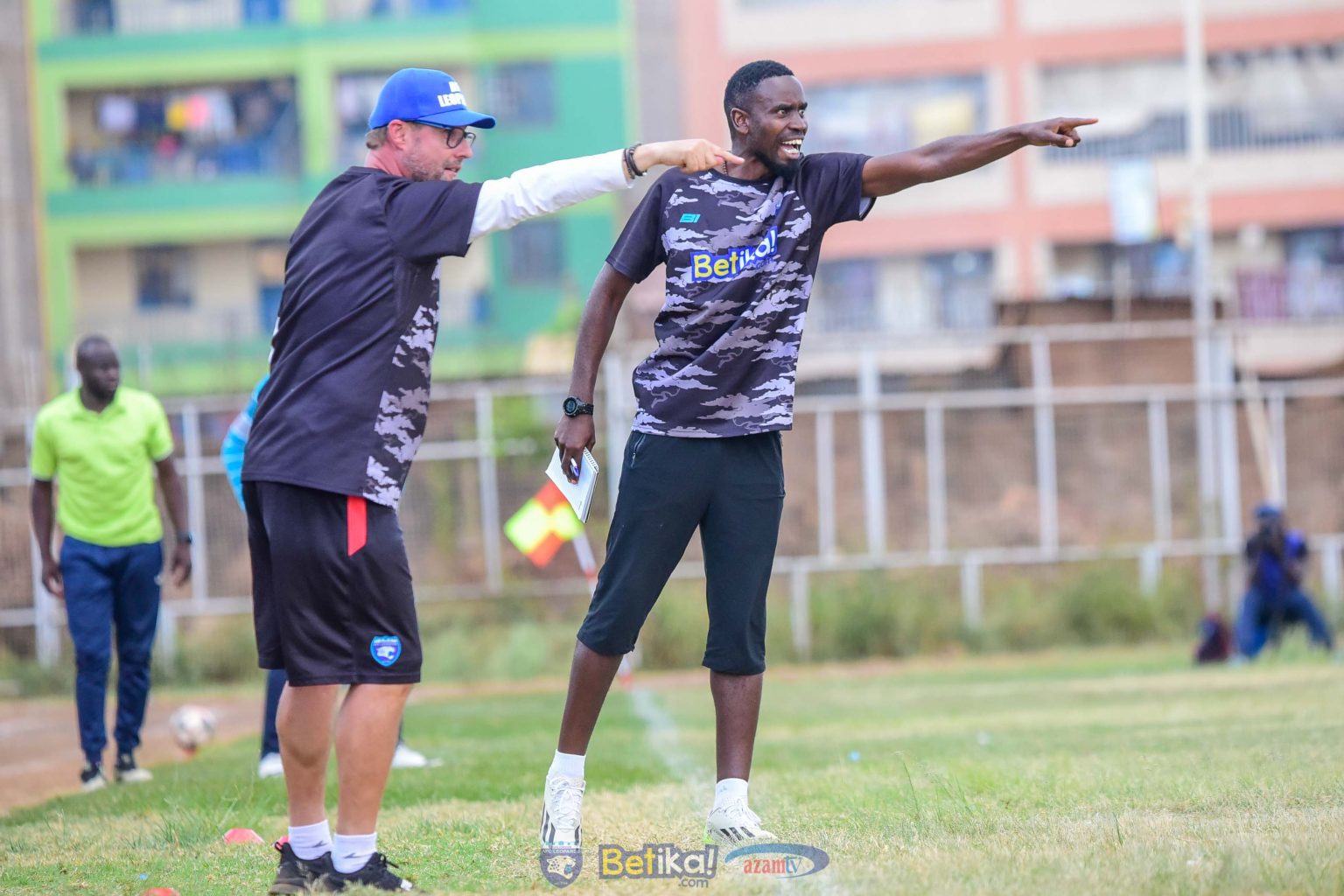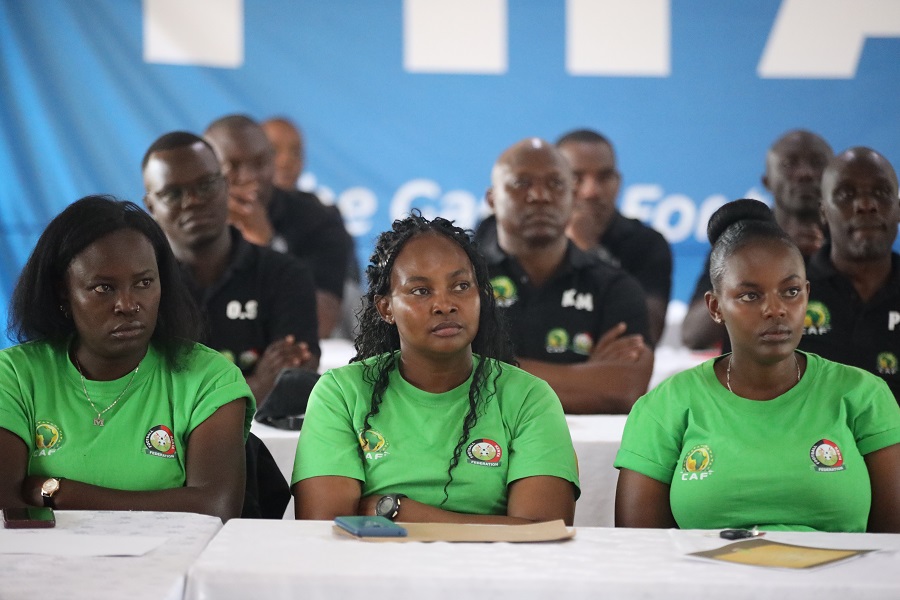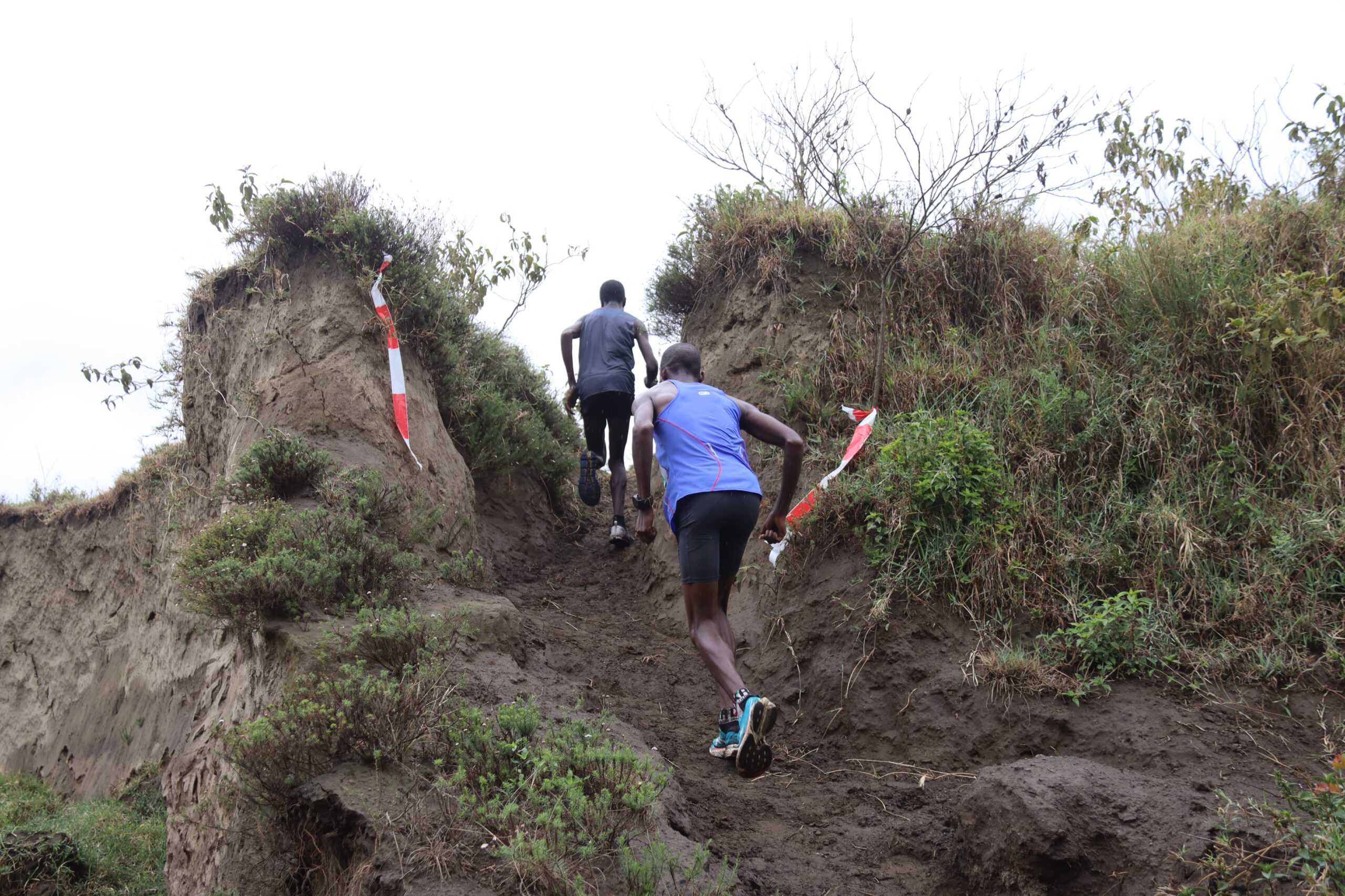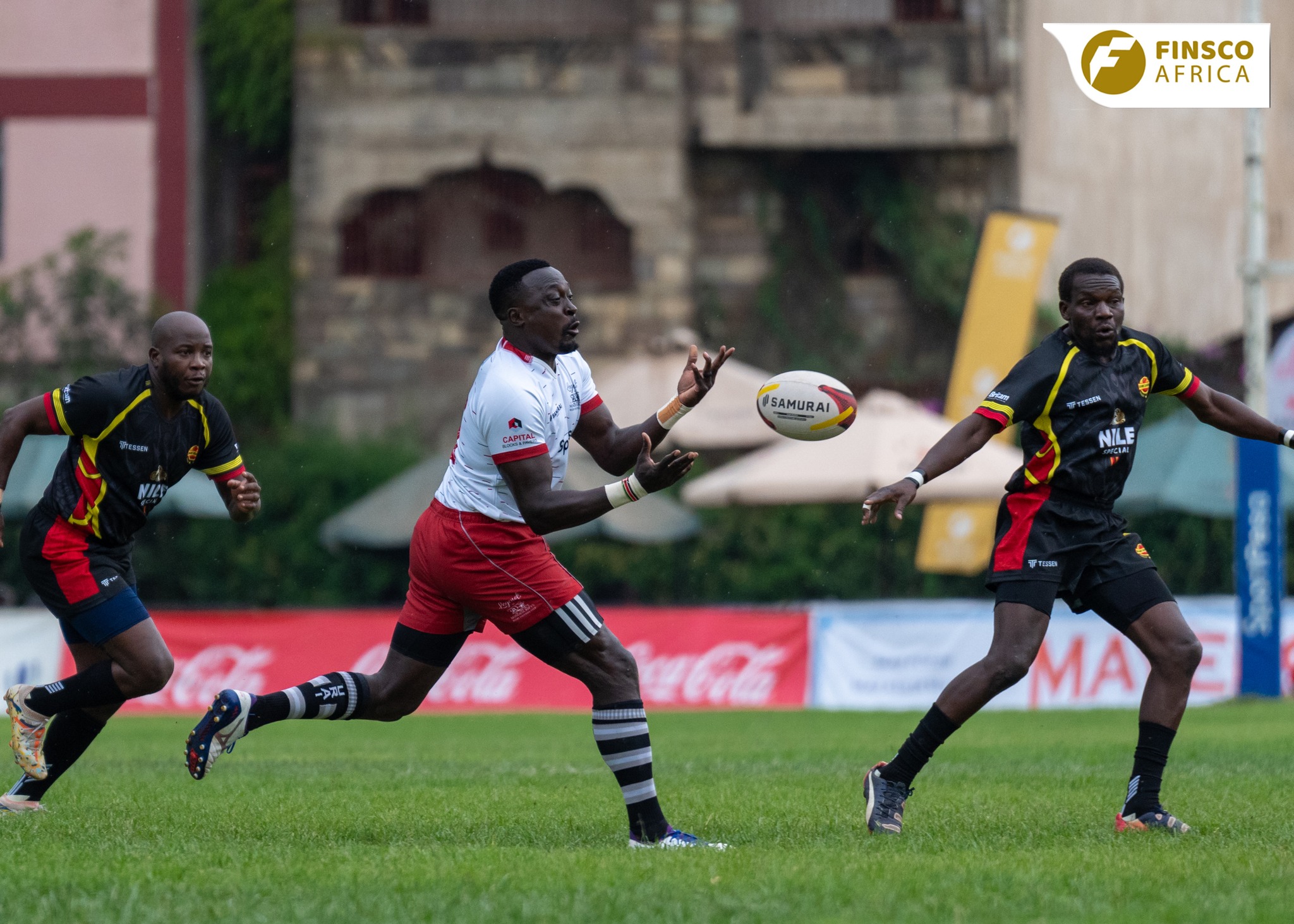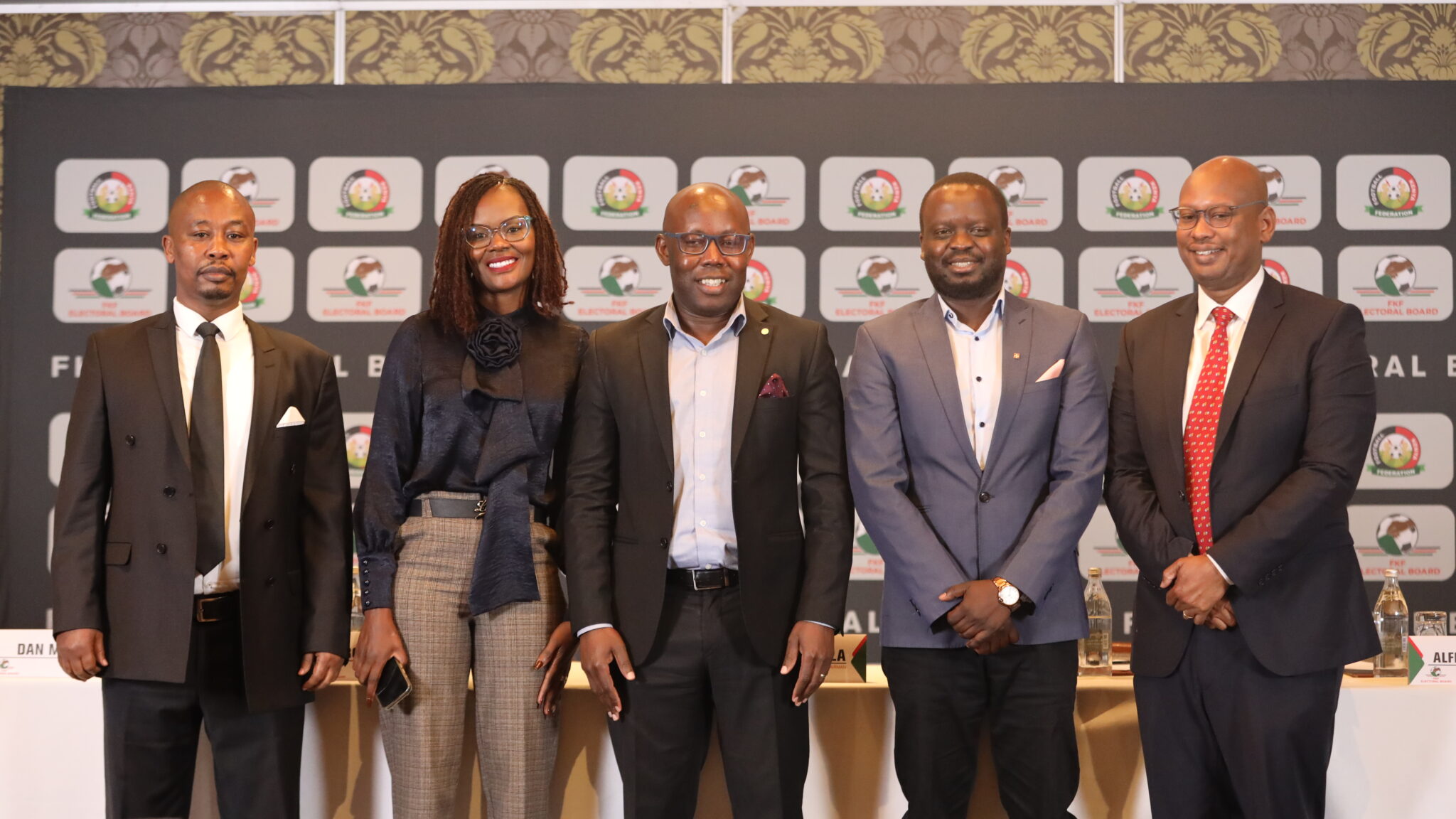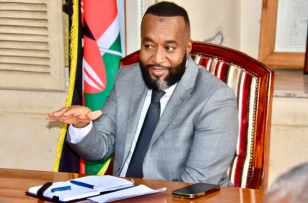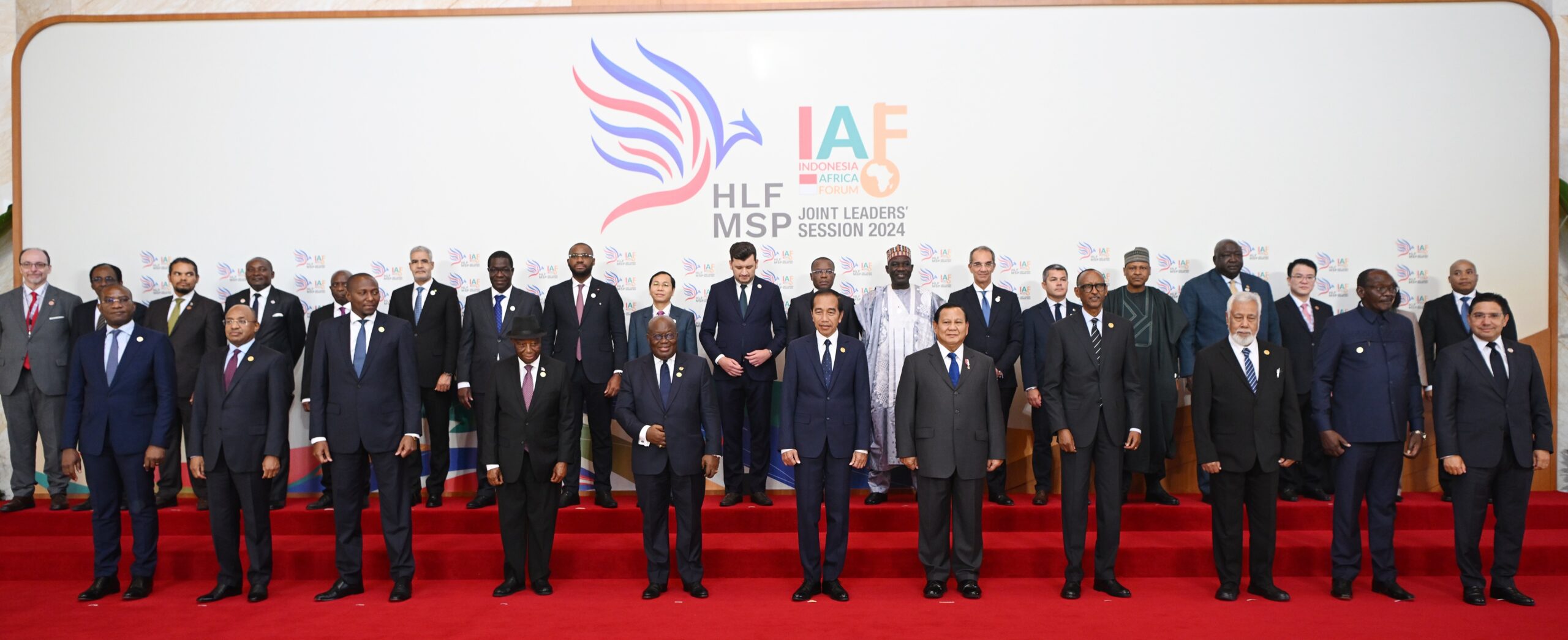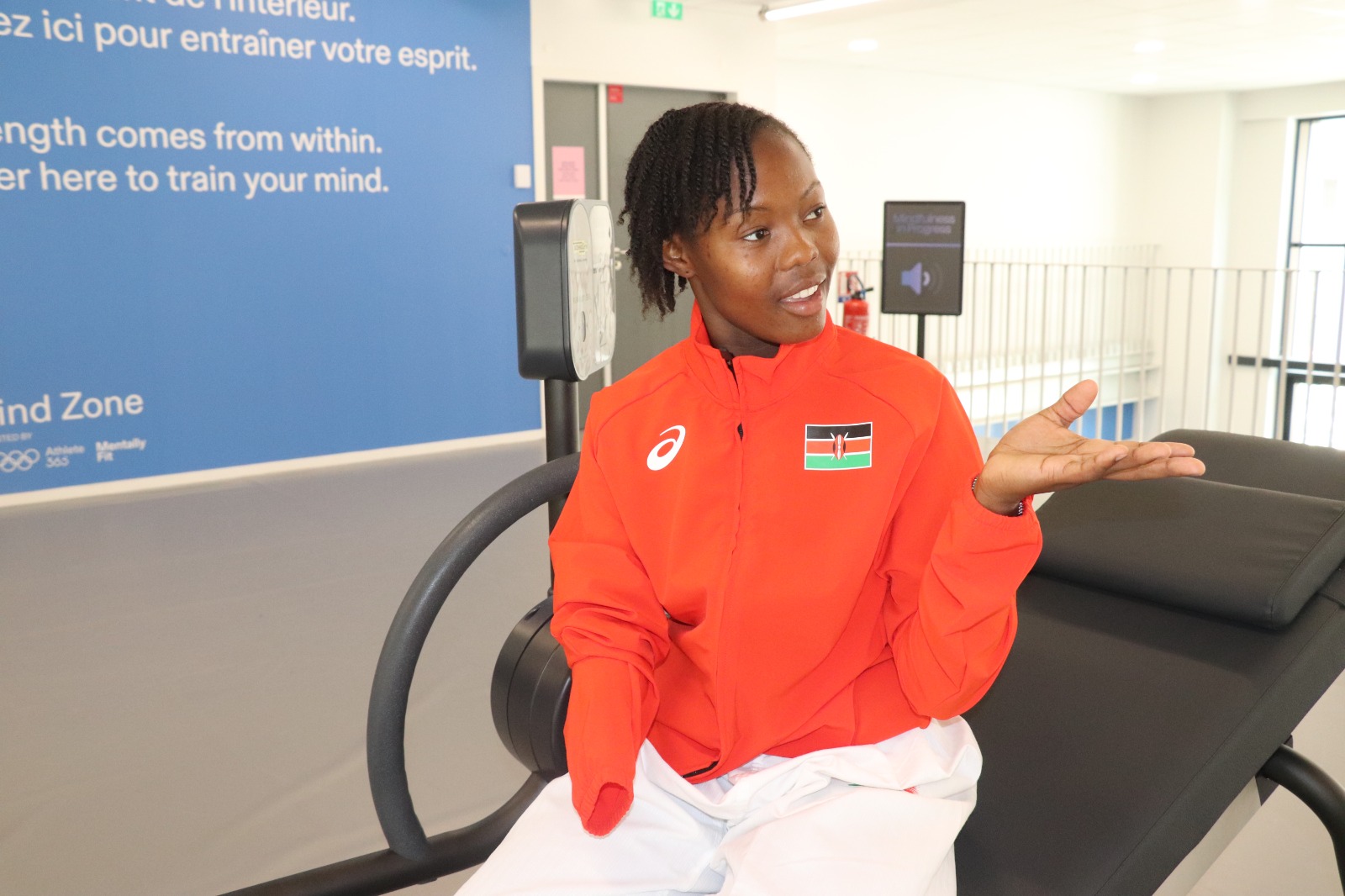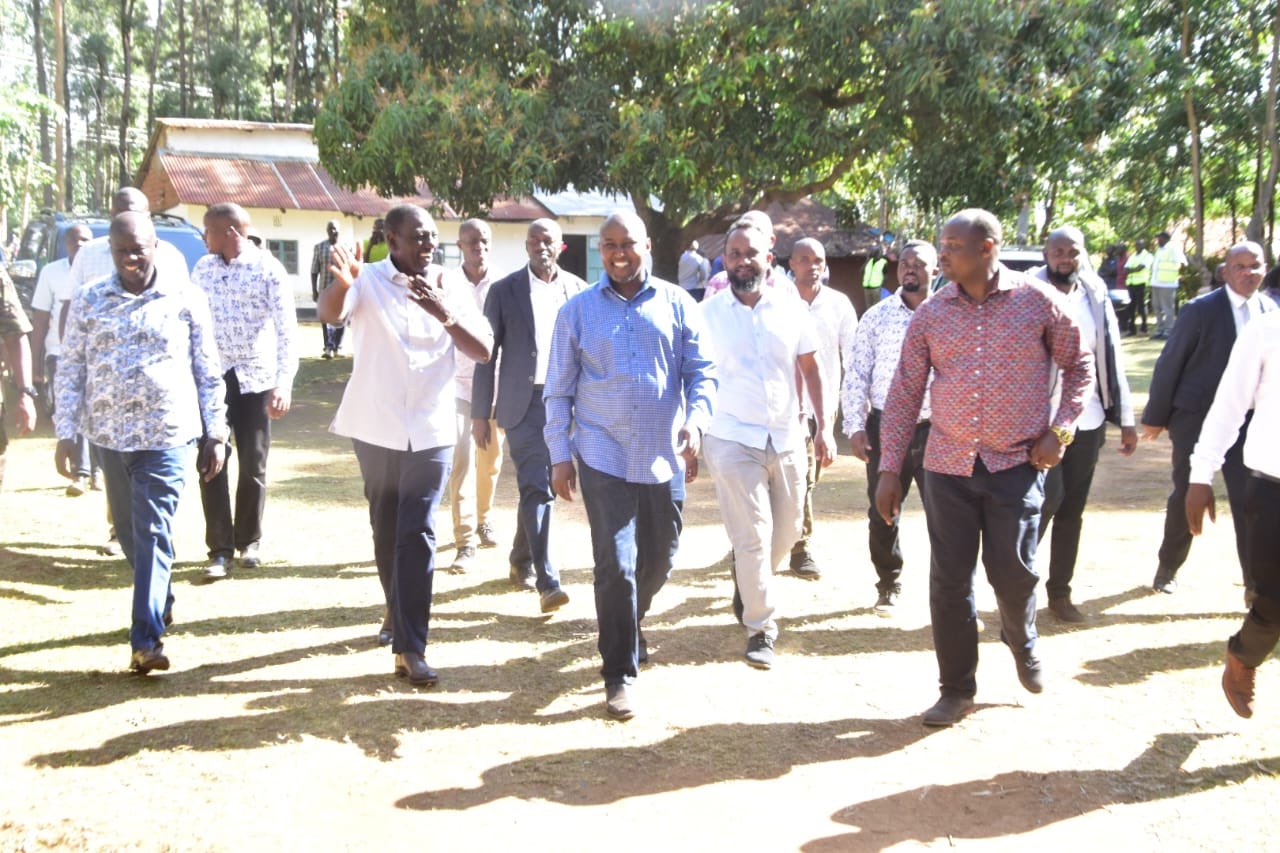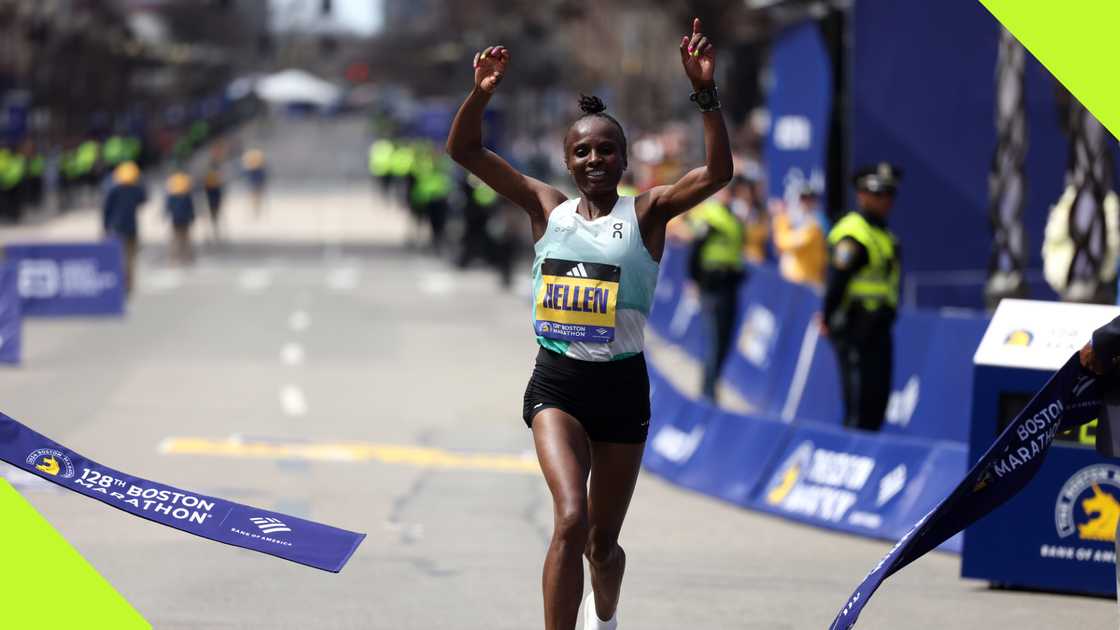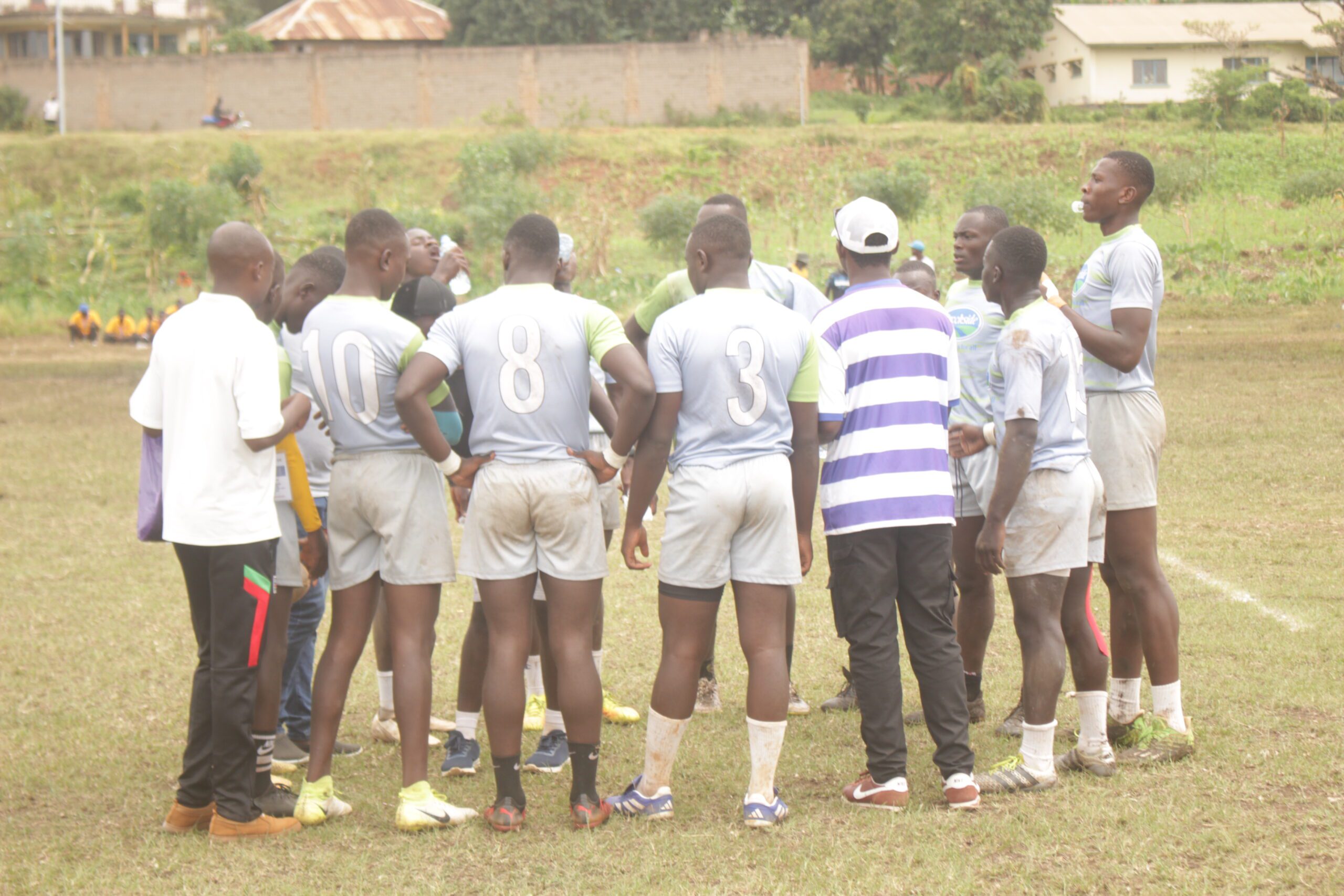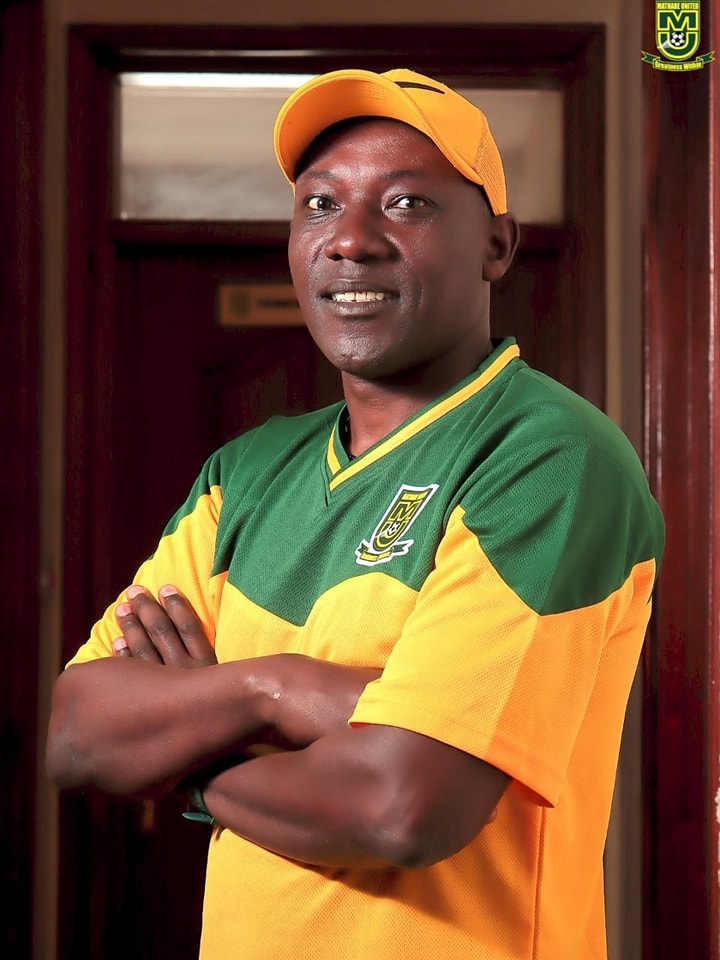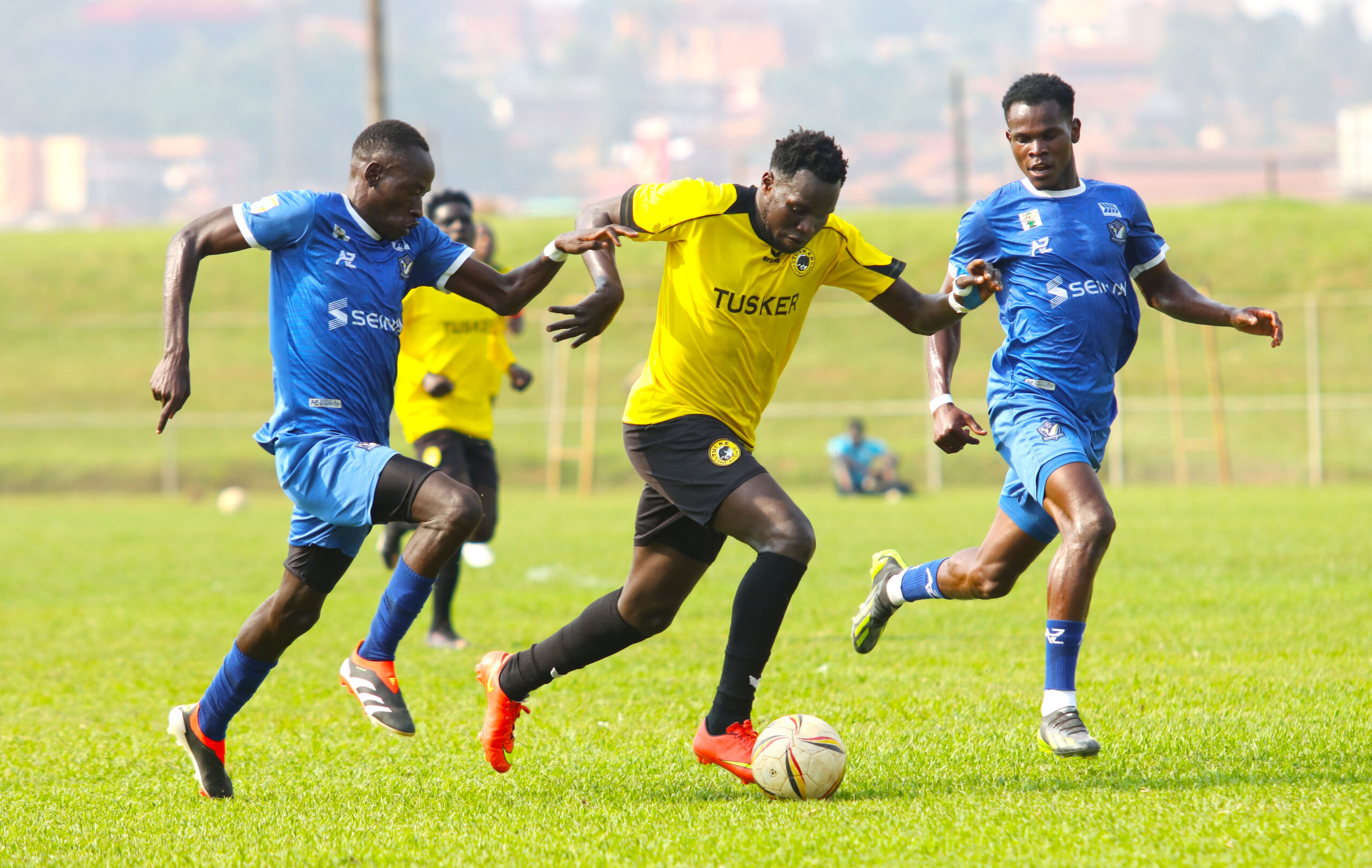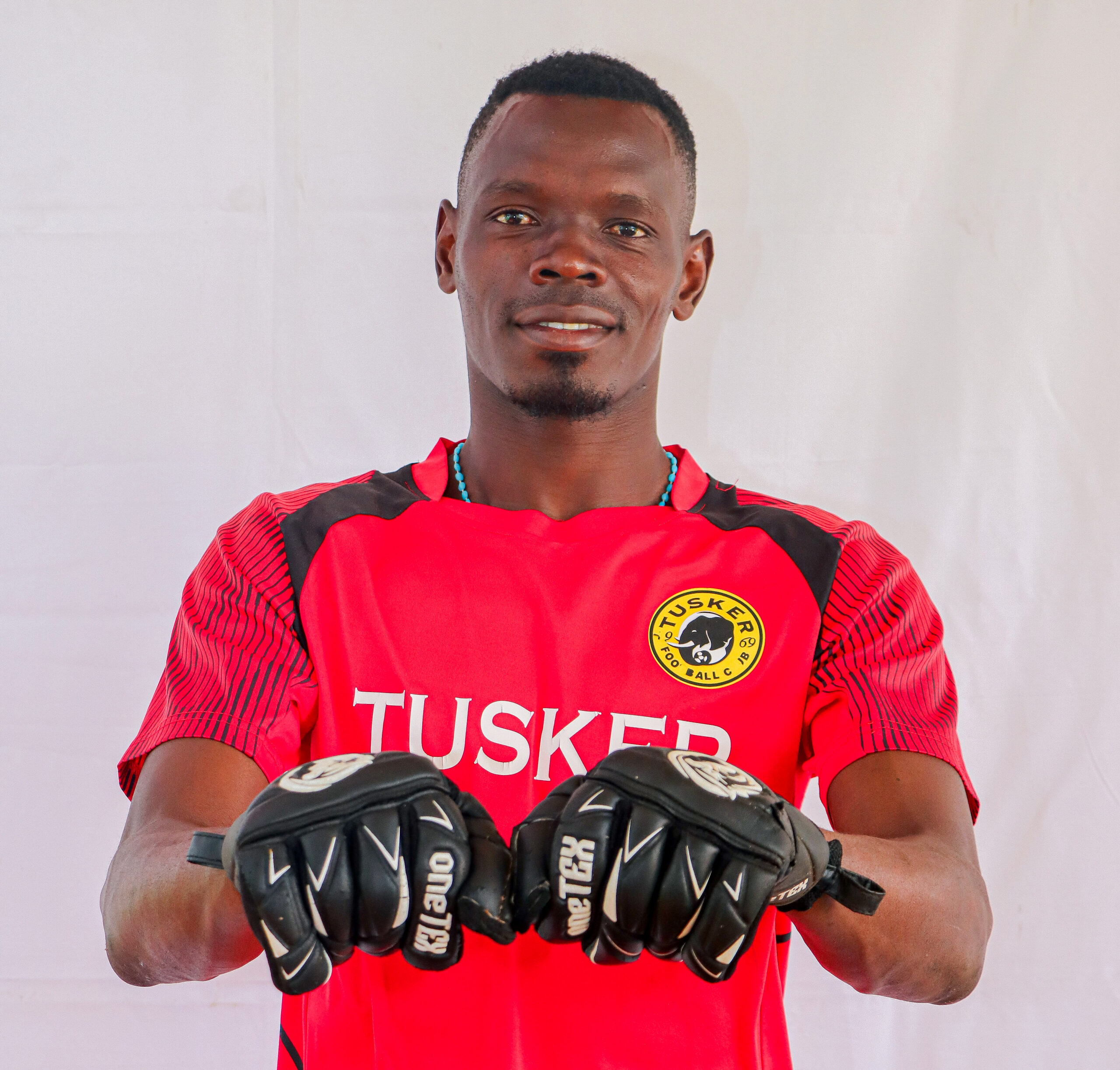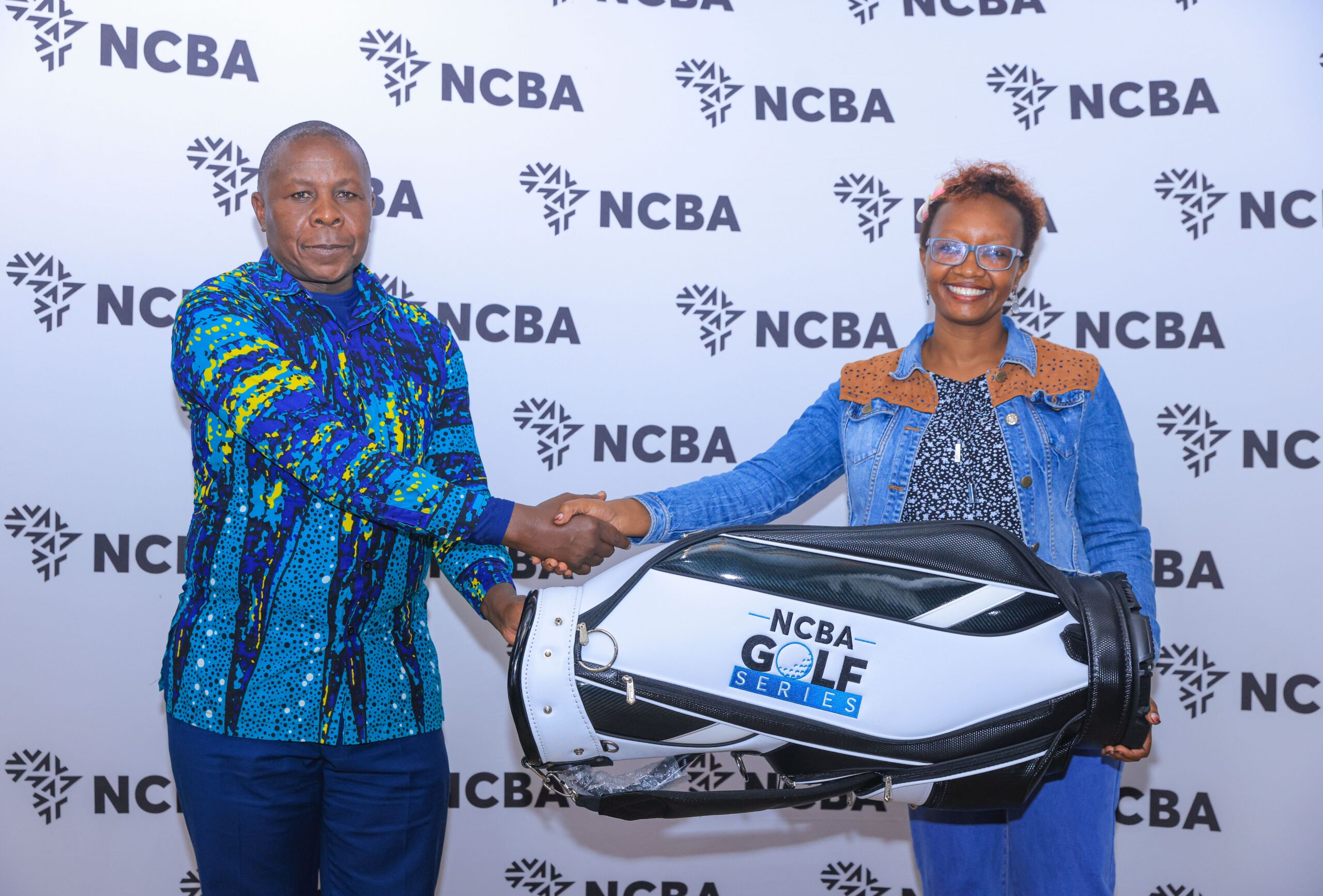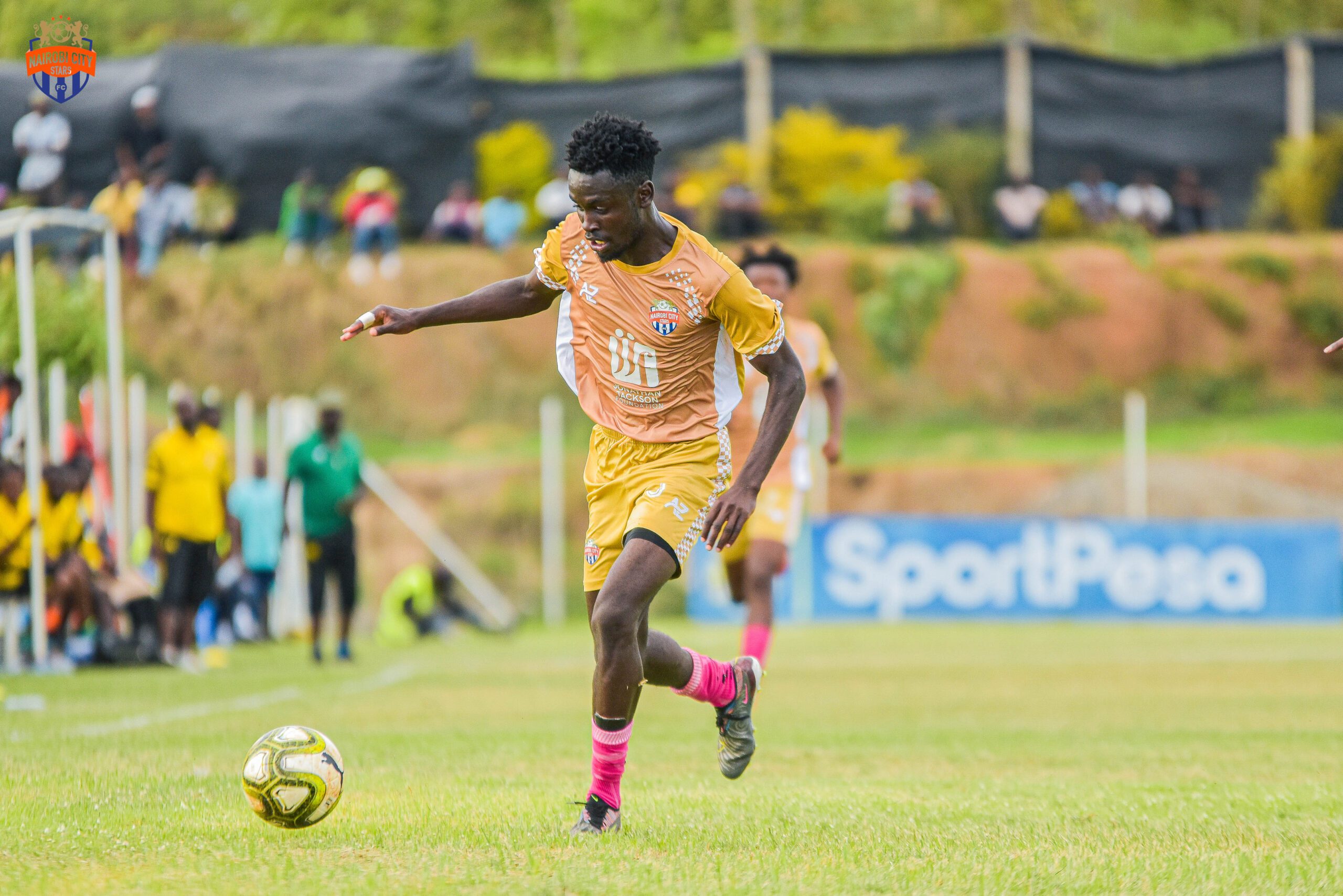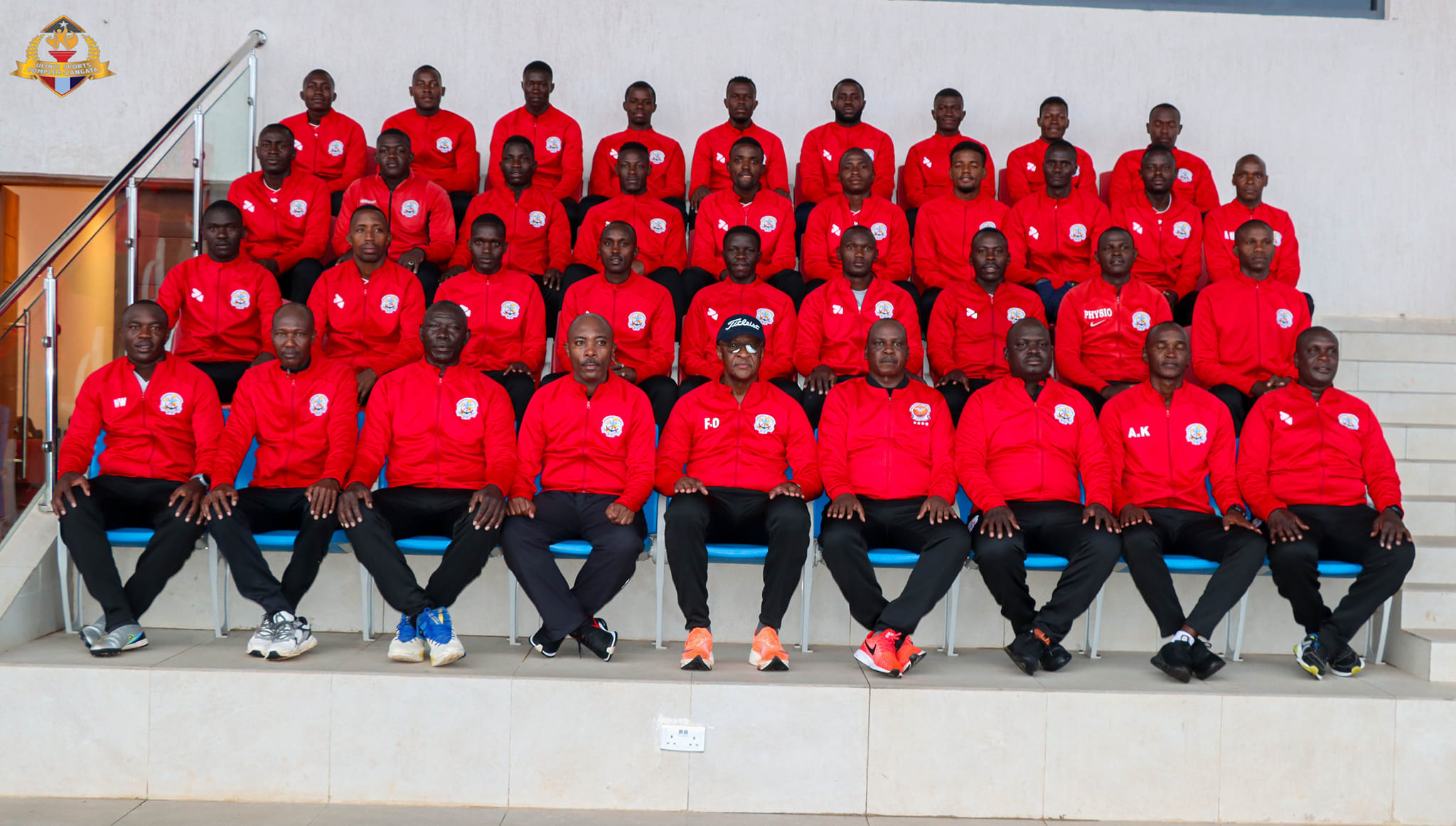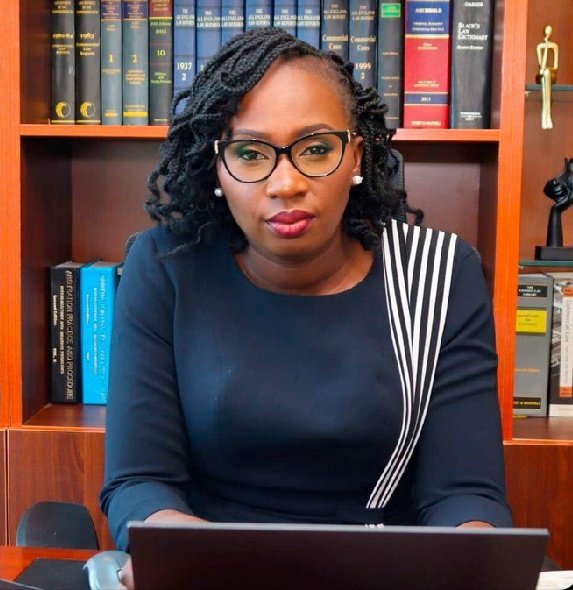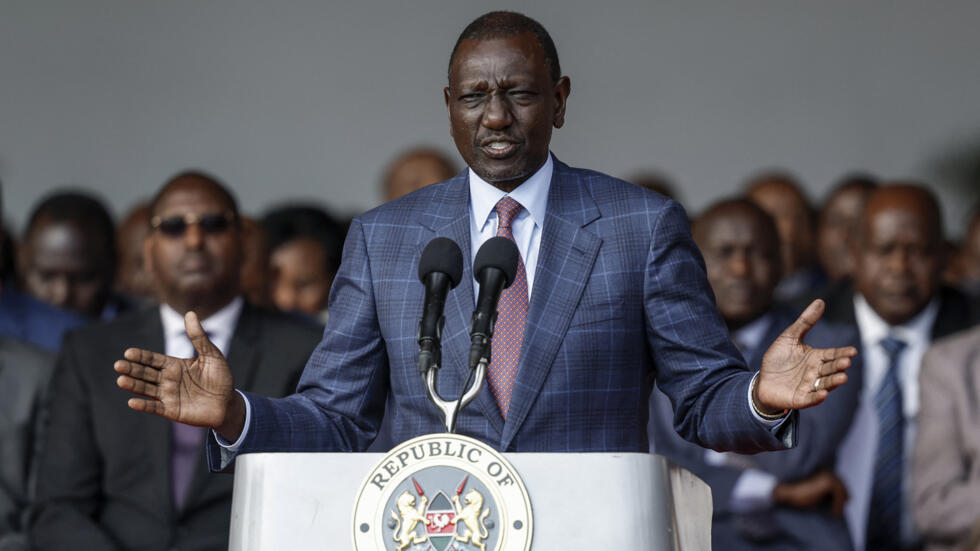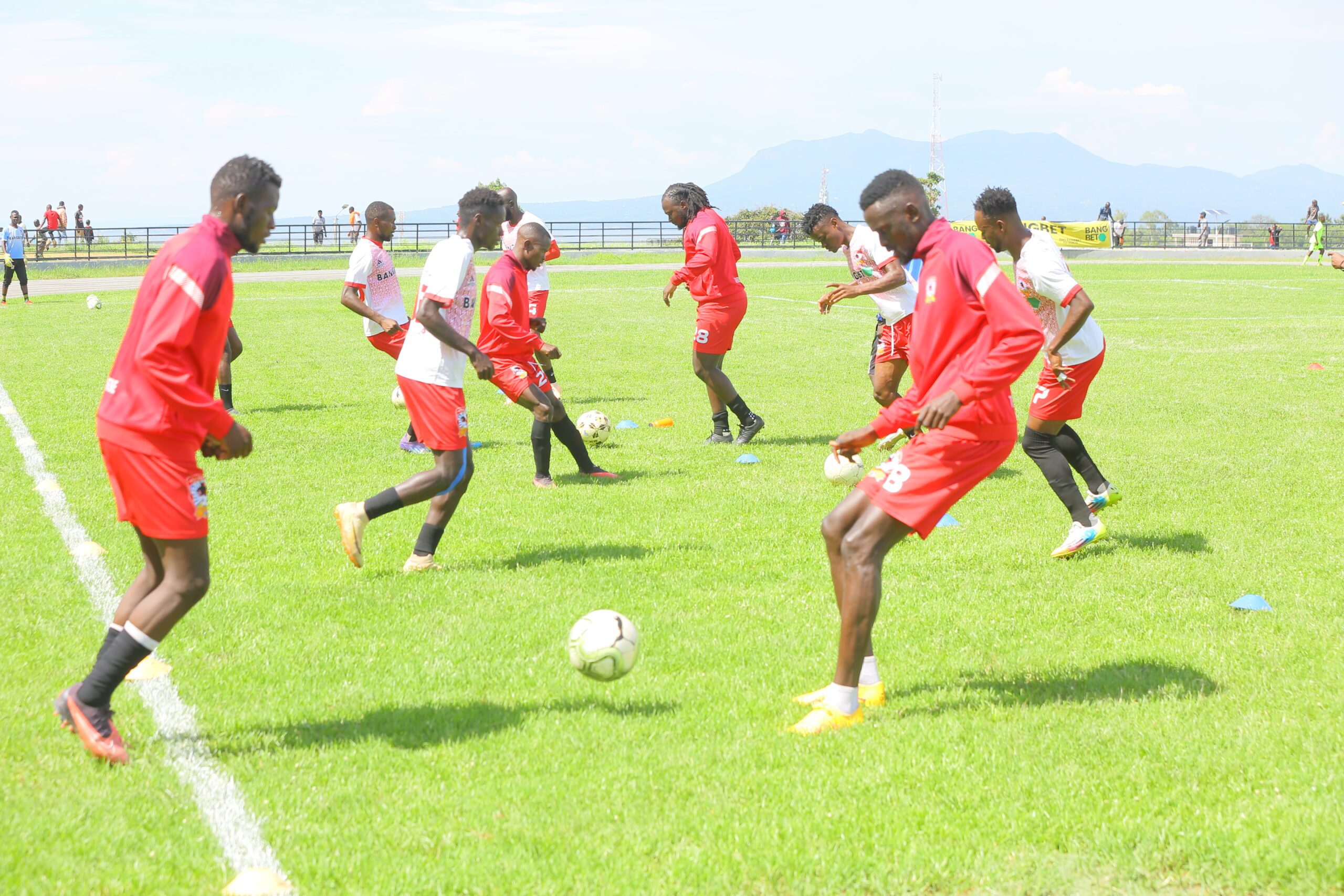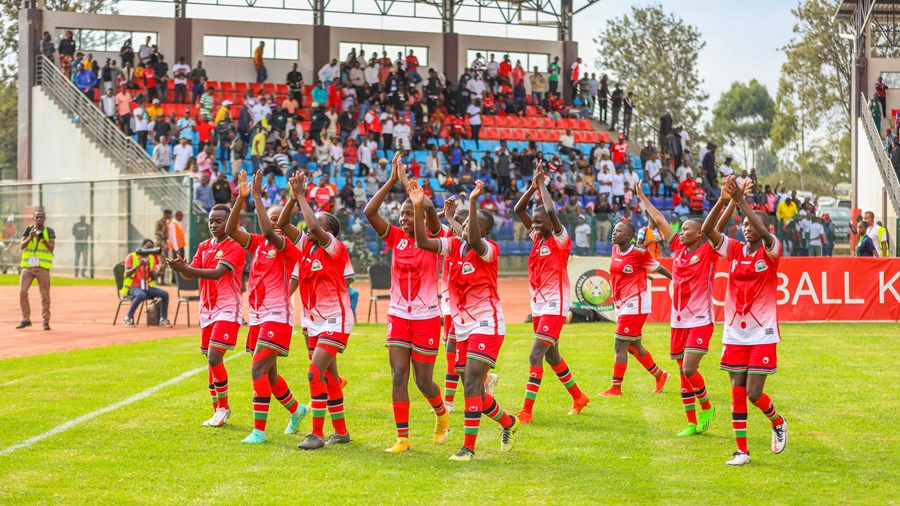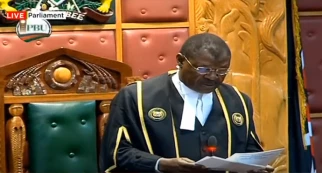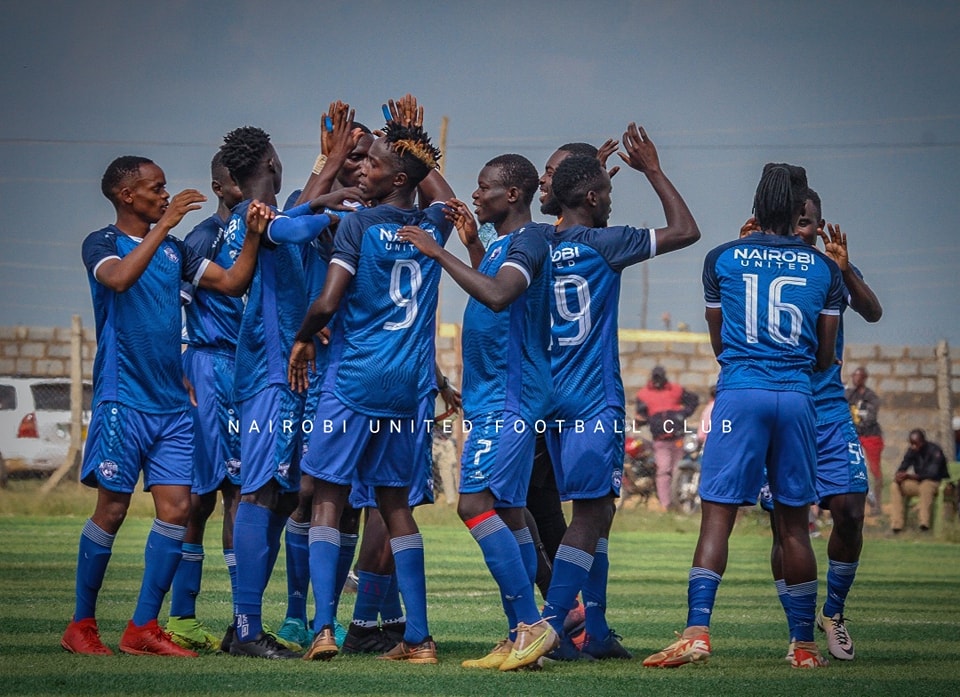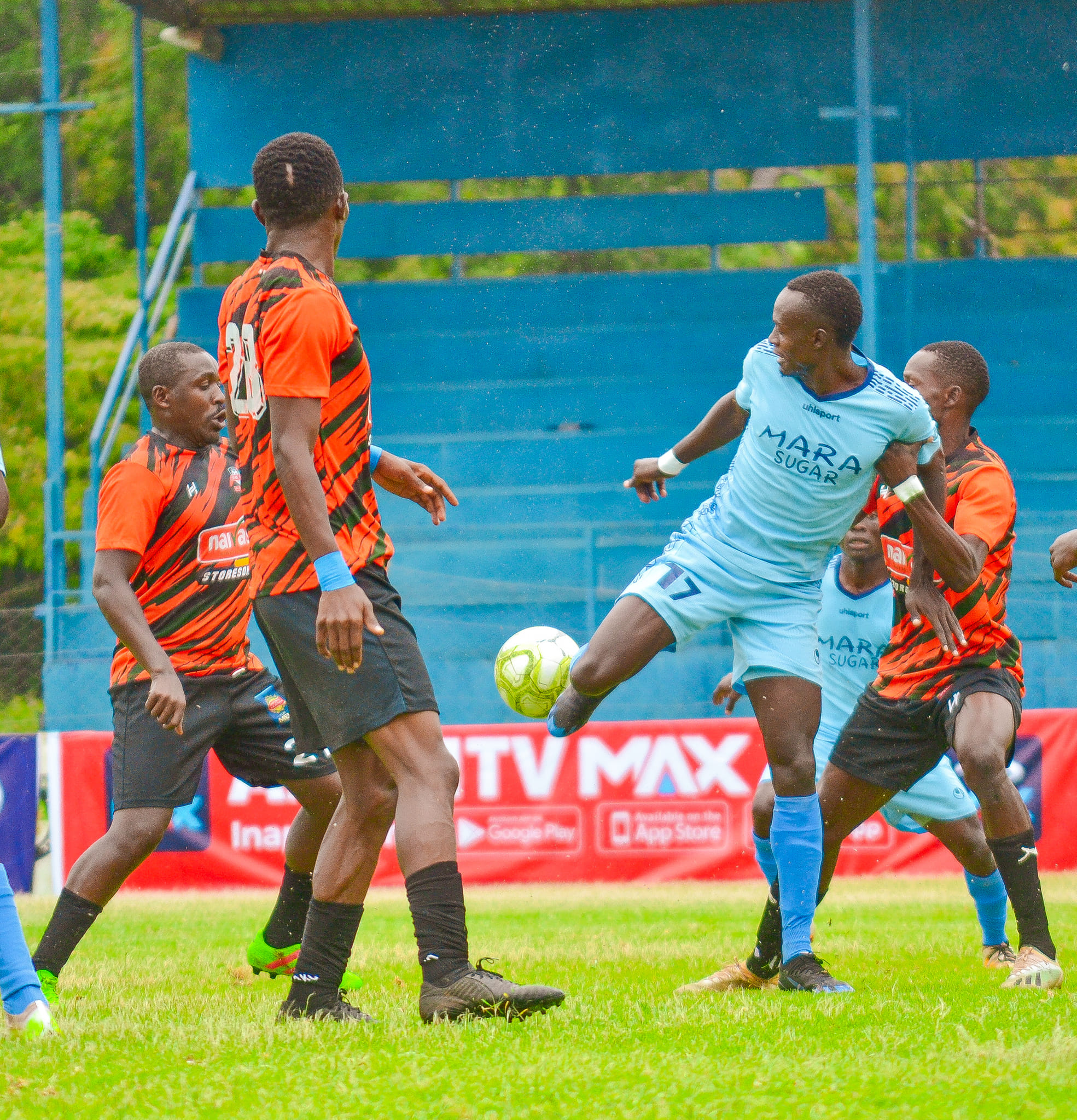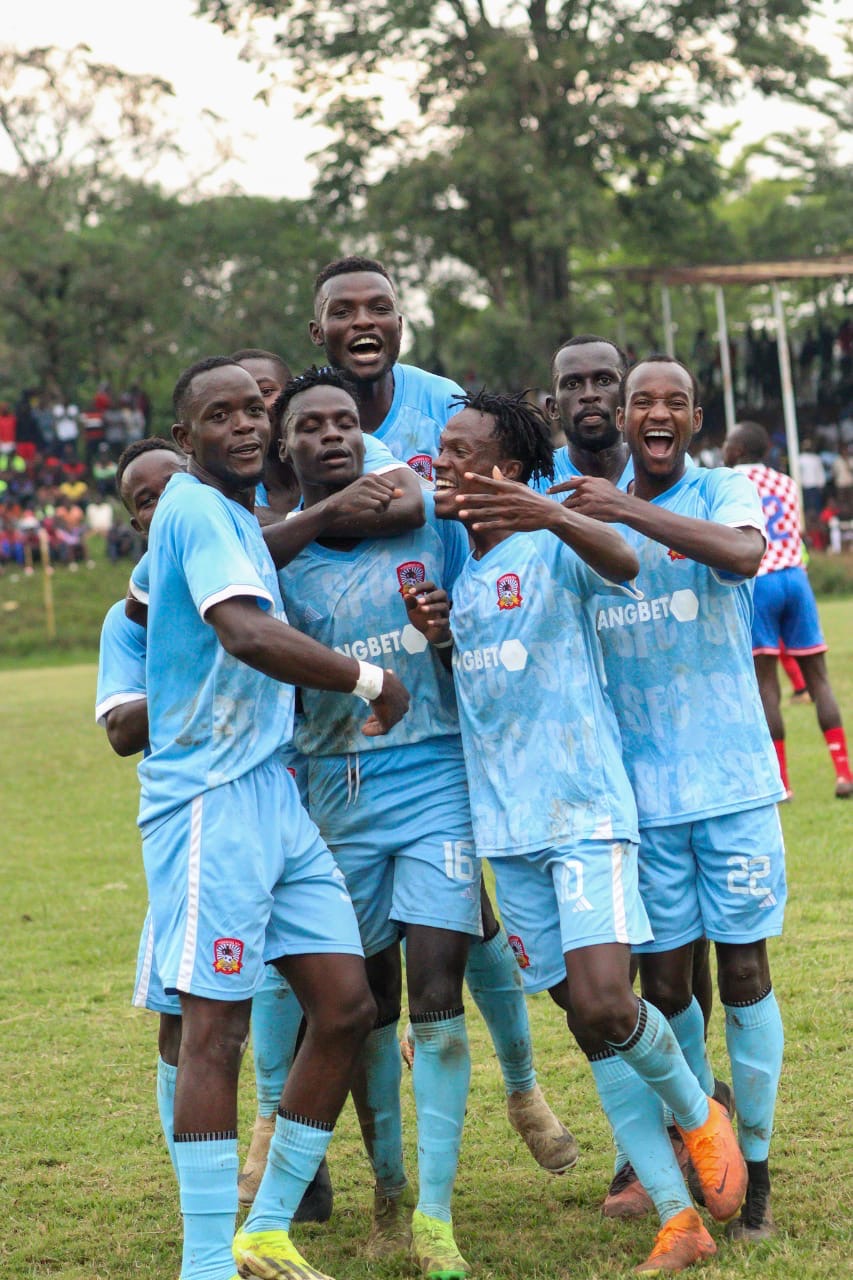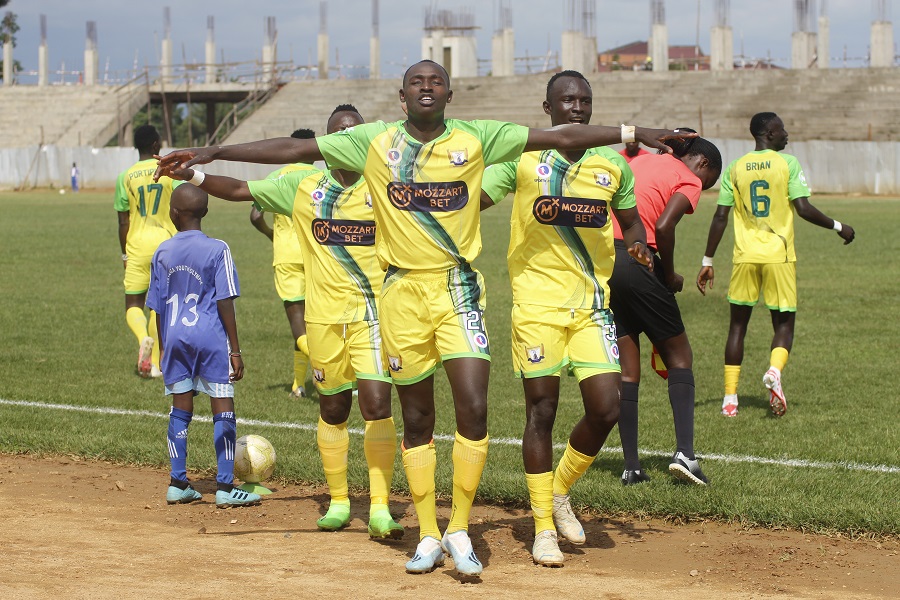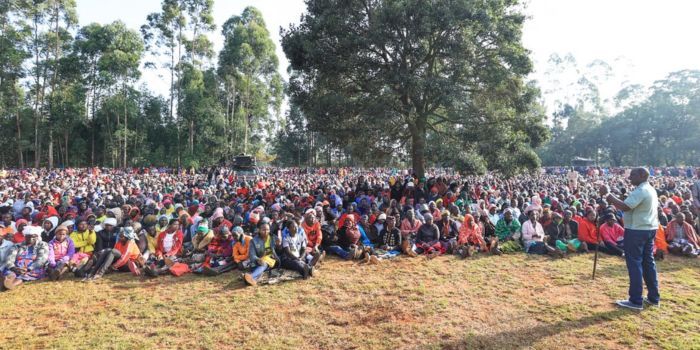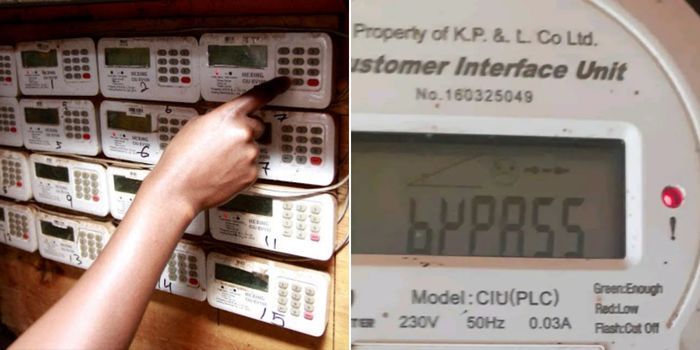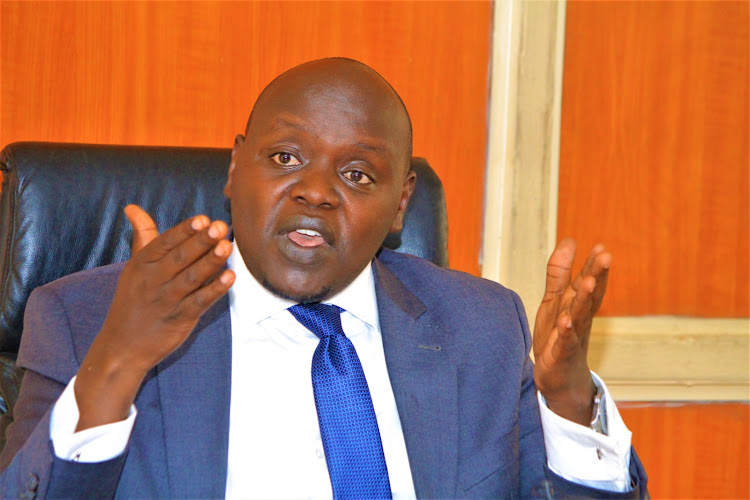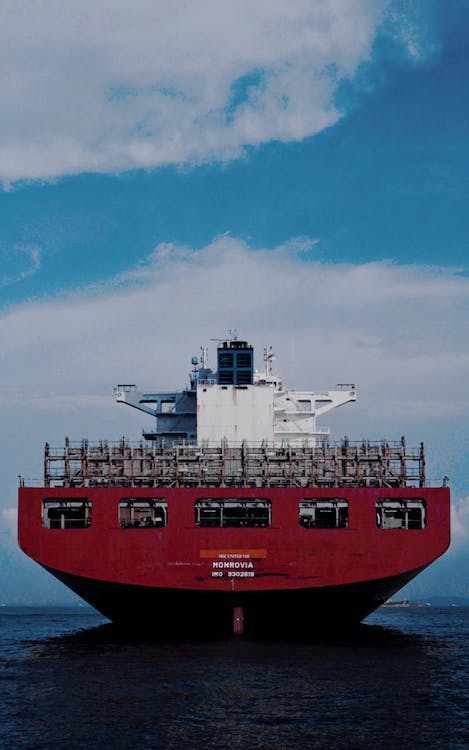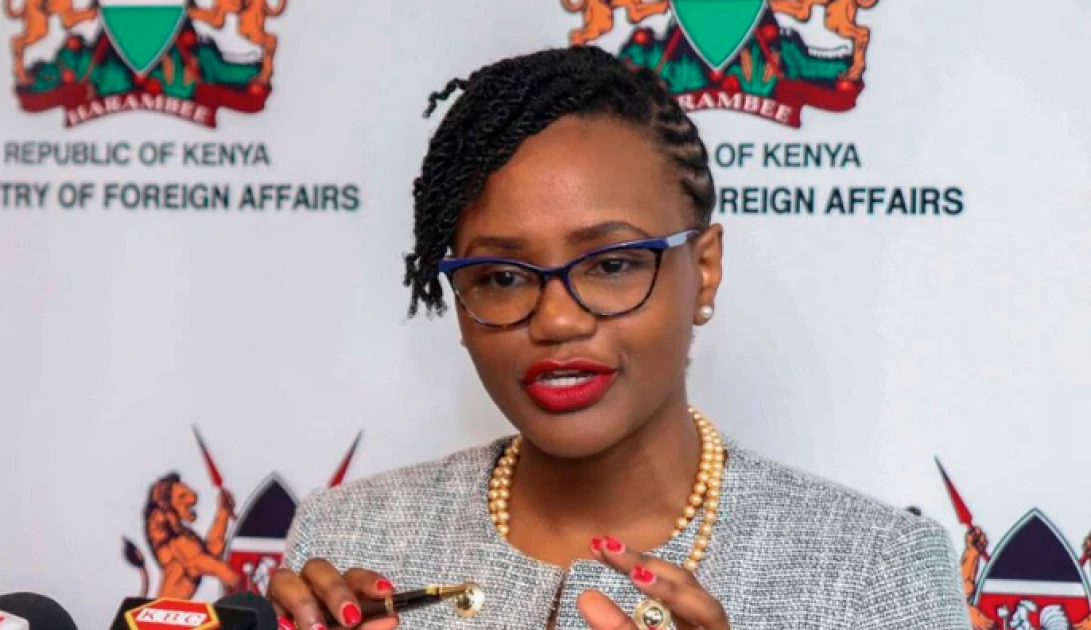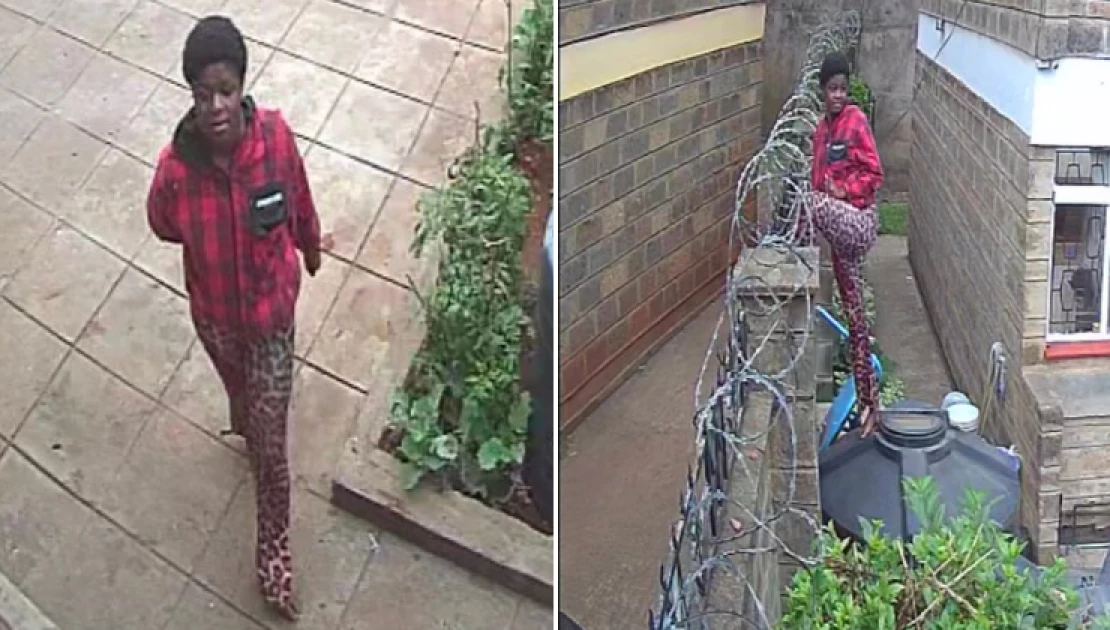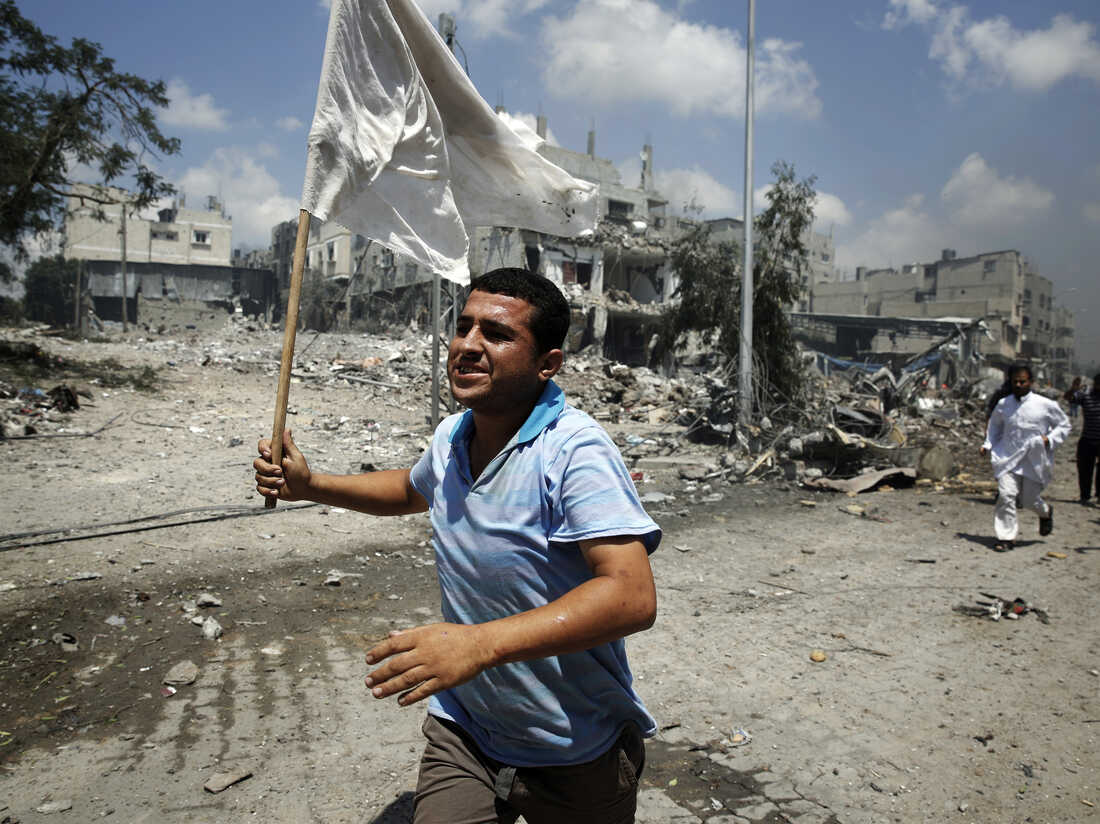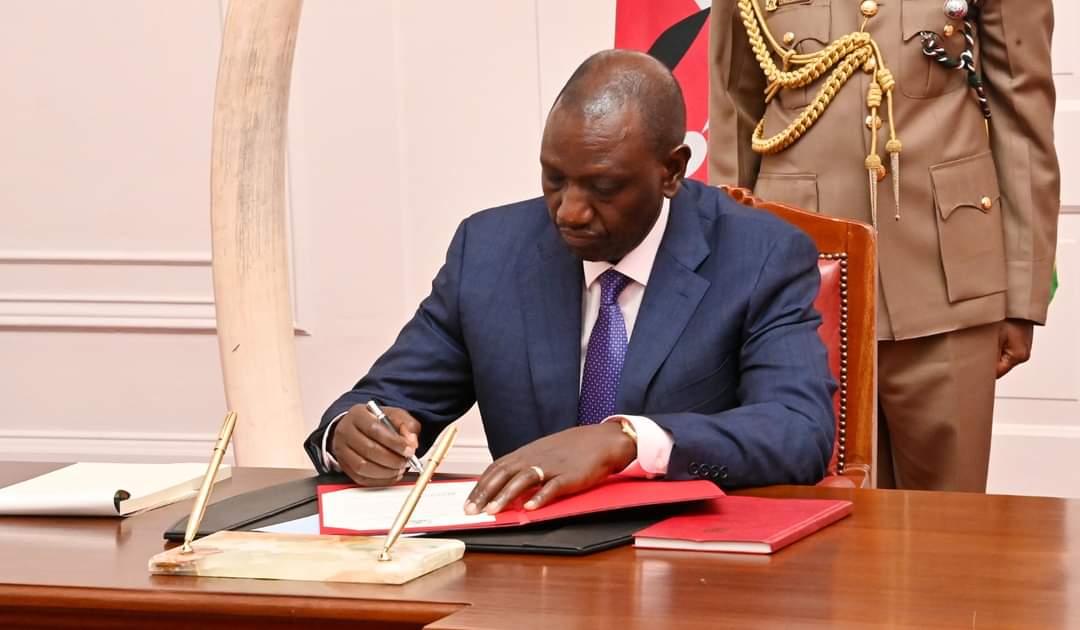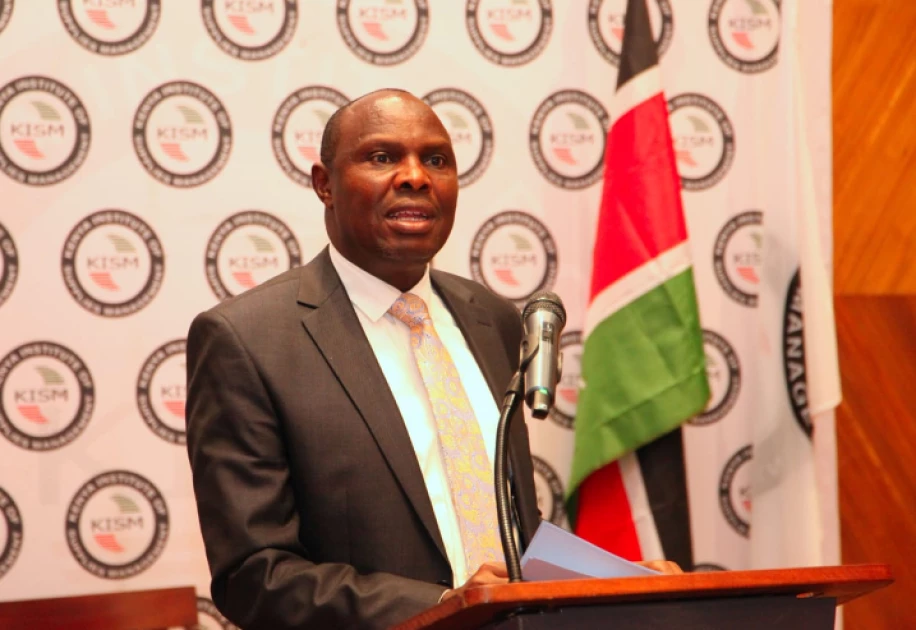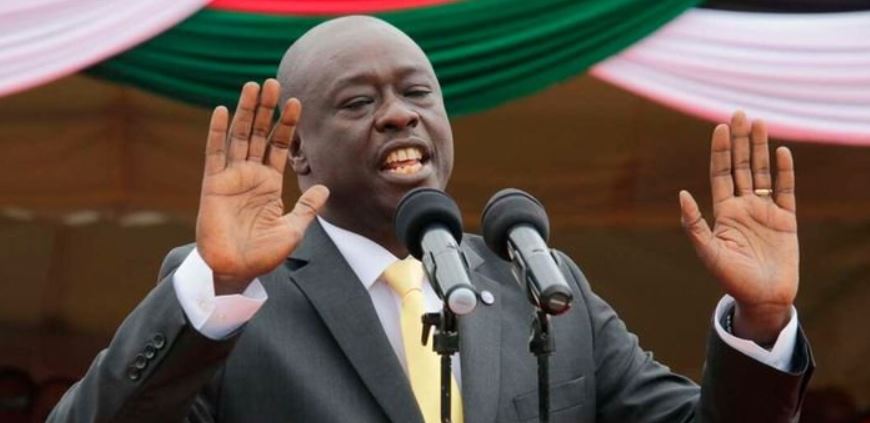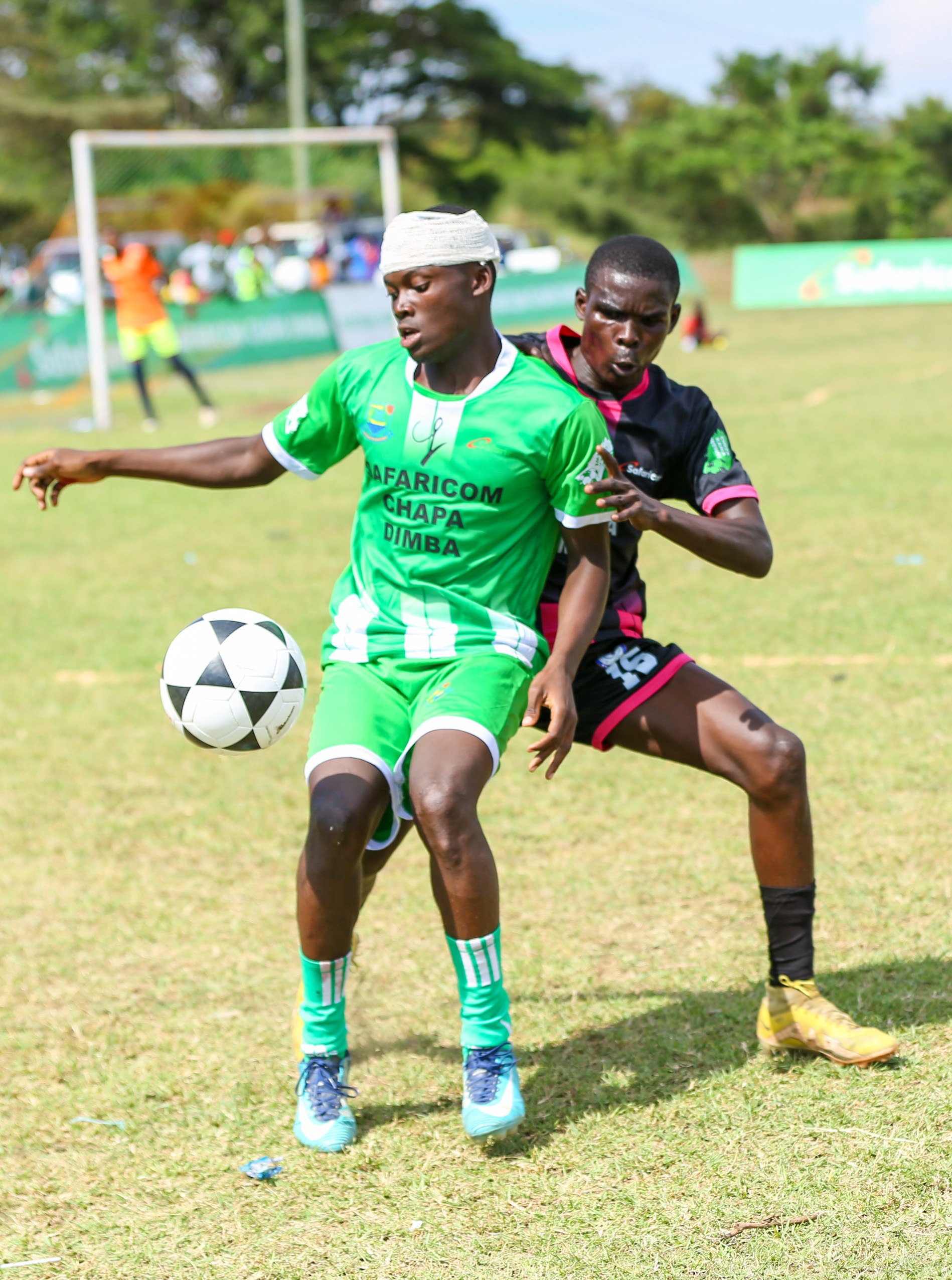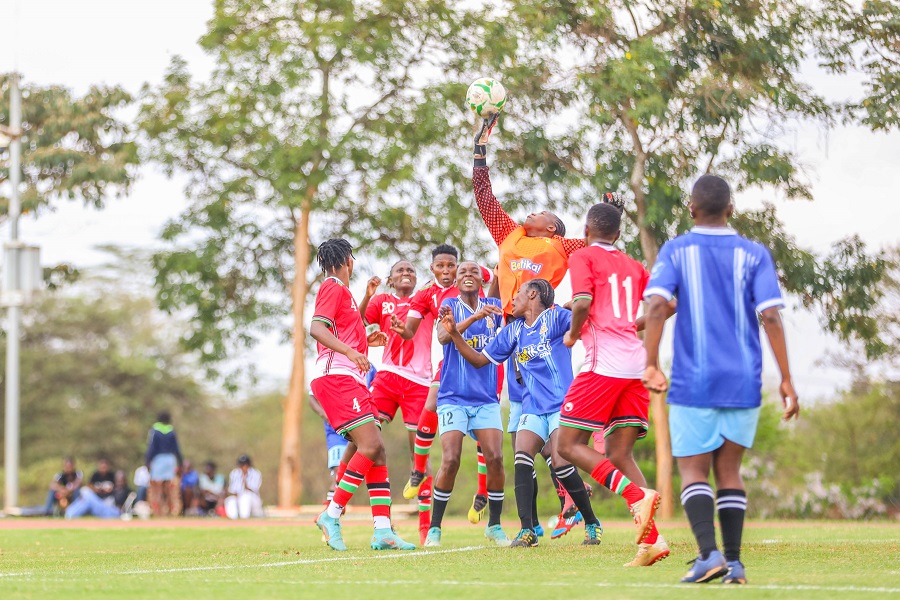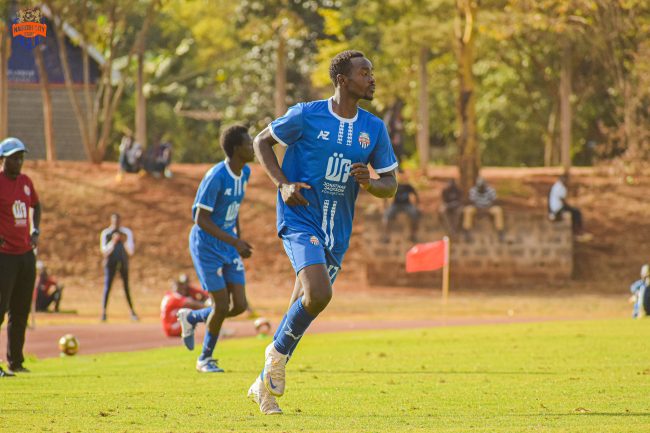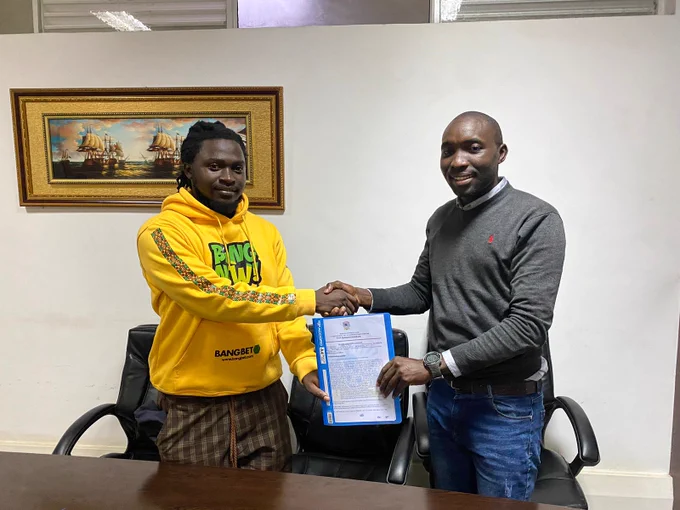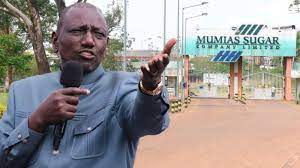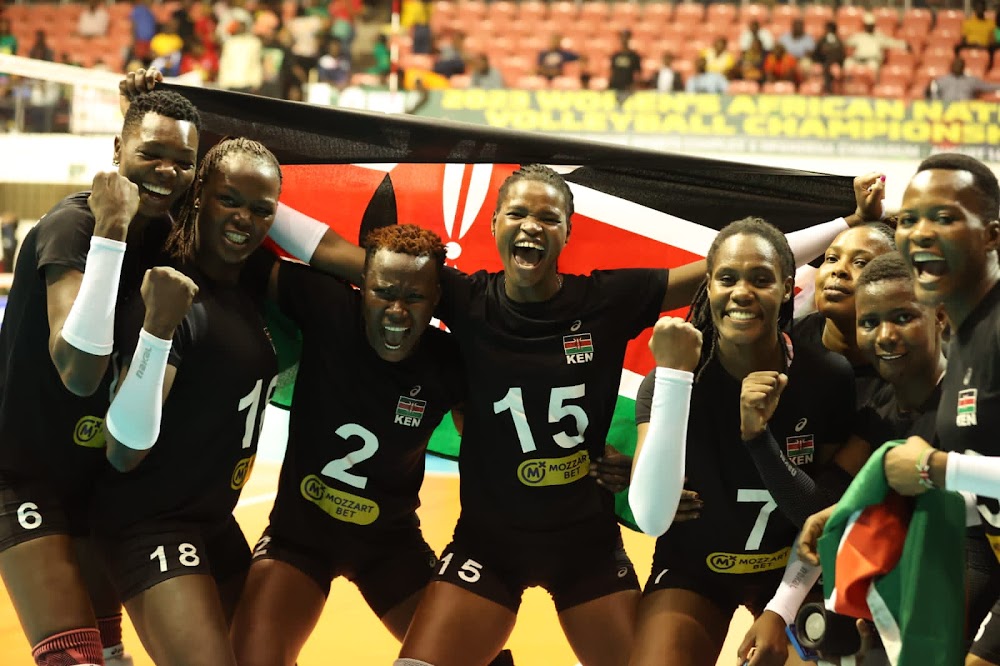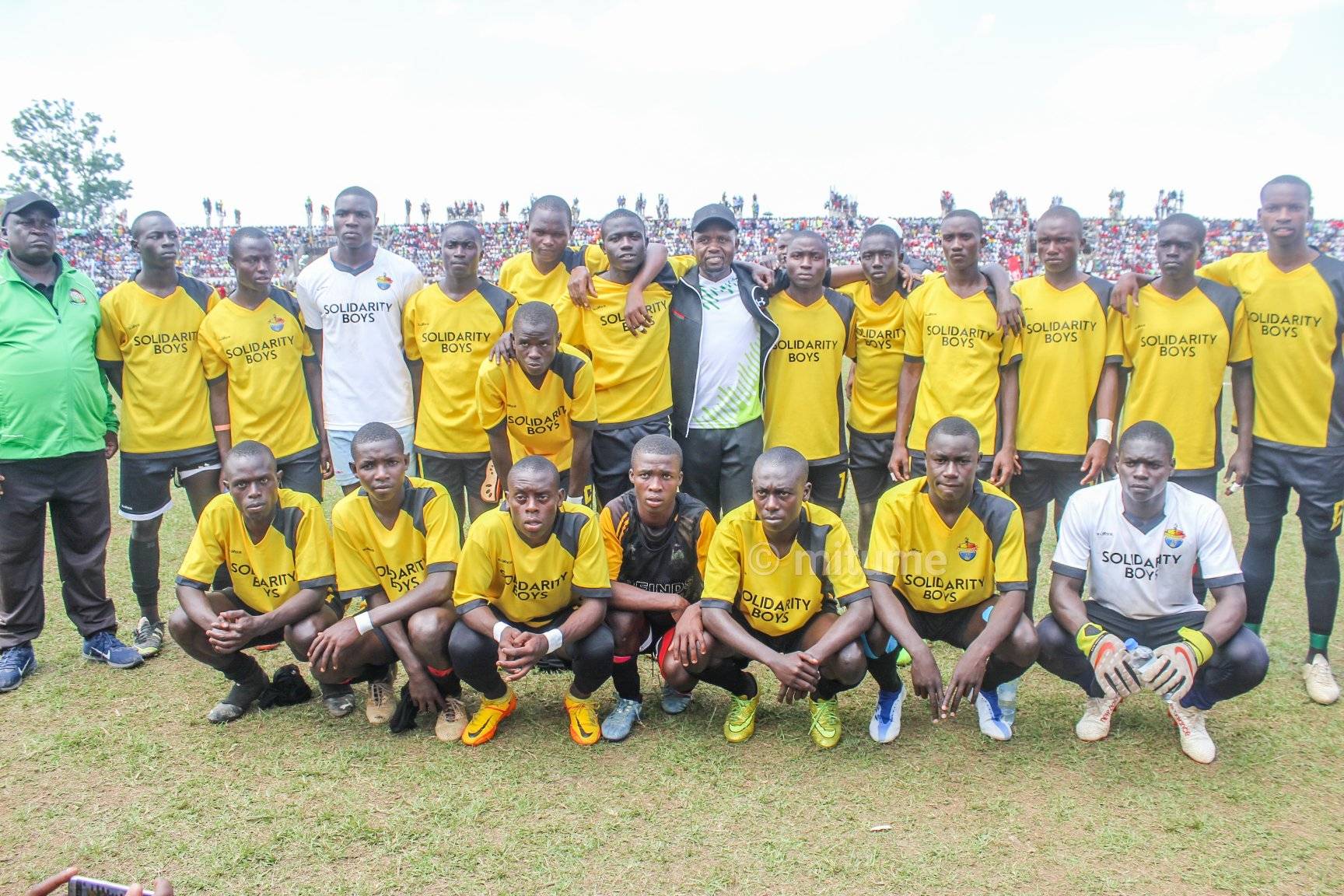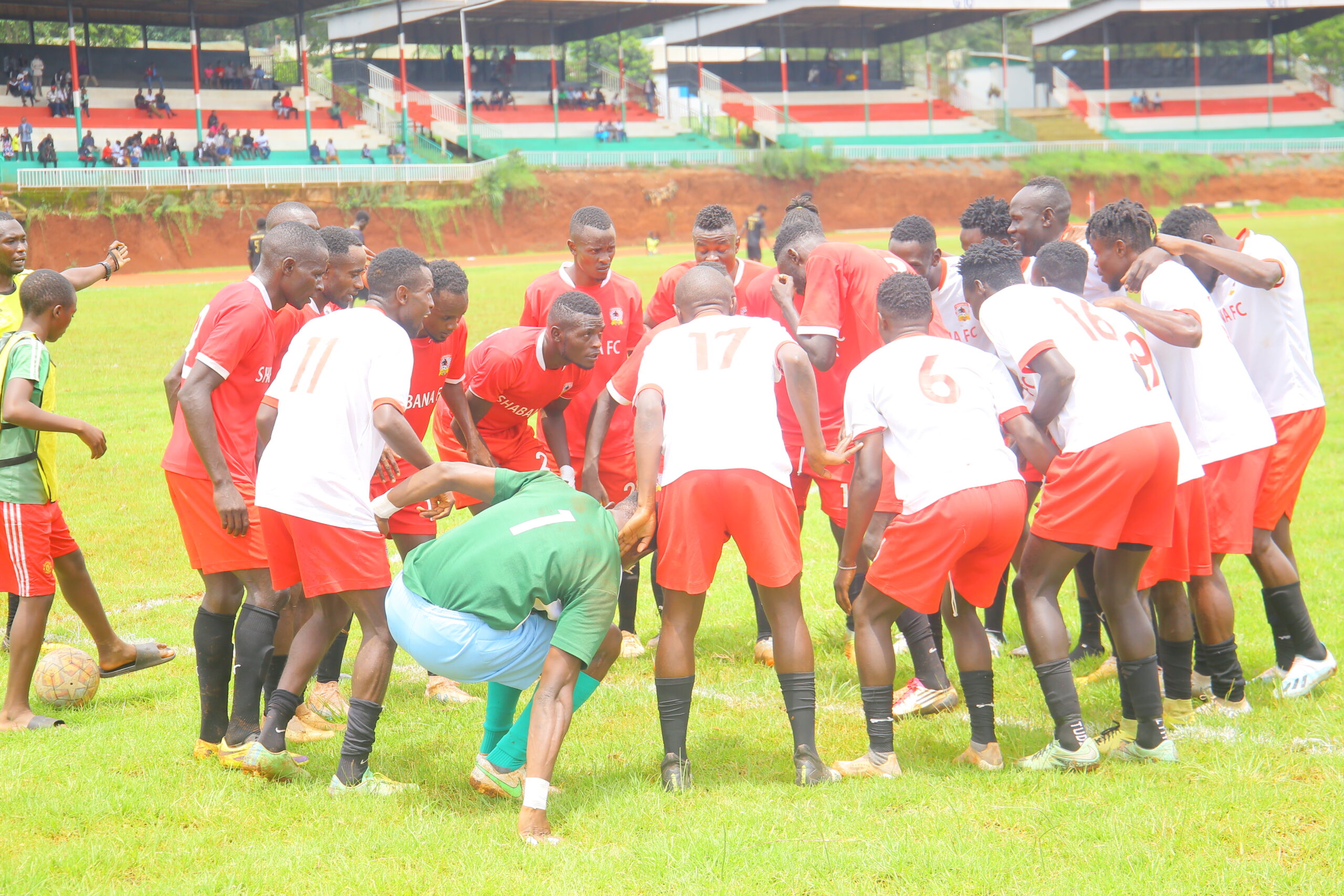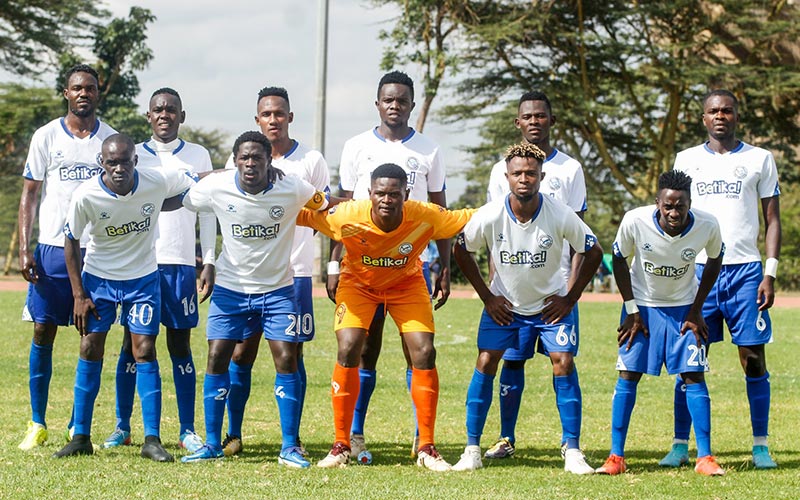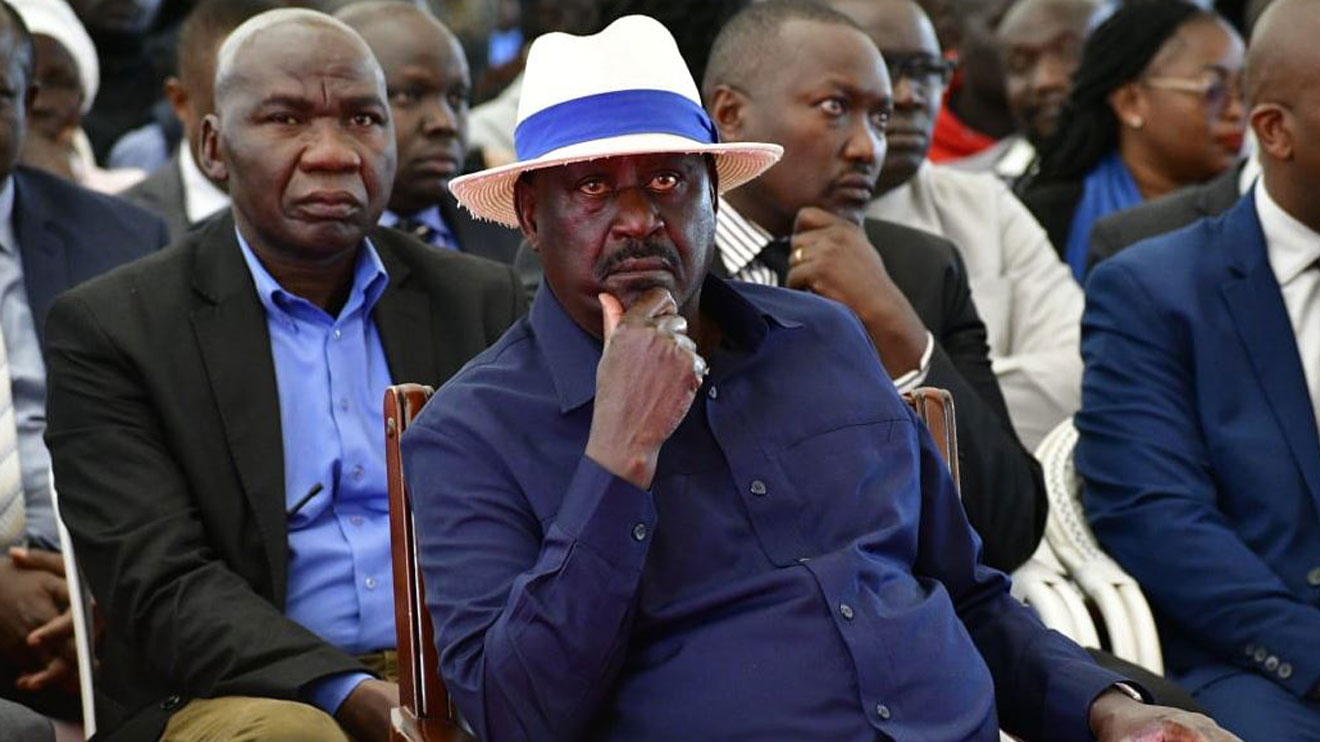Mozambique ushered in a new chapter of leadership on January 15, 2025, as President-elect Daniel Chapo was officially inaugurated in a tightly secured ceremony in Maputo’s Independence Square. However, the swearing-in takes place against a backdrop of deadly political unrest and heightened tensions following fiercely contested election results.
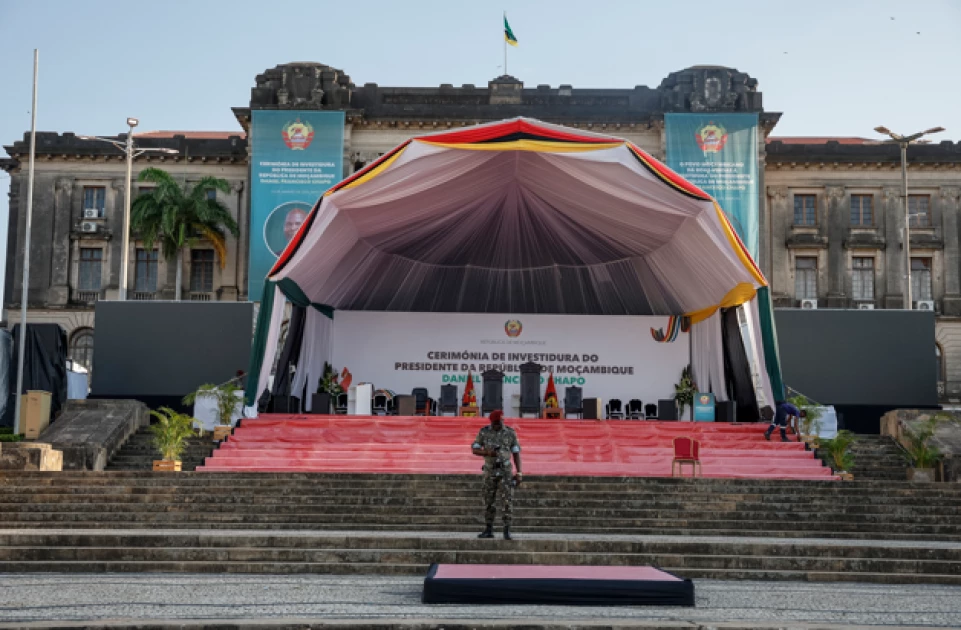

Political Turmoil Shadows Inauguration
The streets of Maputo were largely deserted as fears of violence gripped the city. Security forces imposed roadblocks around Independence Square, where Chapo, 48, took the oath of office. This comes after weeks of protests led by opposition leader Venancio Mondlane, who continues to dispute the October 9 election results.
Mondlane, a prominent figure among Mozambique’s youth, has accused Chapo’s Frelimo party—governing since independence in 1975—of rigging the elections. “This regime does not want peace,” Mondlane declared on social media, promising daily demonstrations to “paralyse the country” if necessary.
International Concerns Over Election Irregularities
The elections have drawn widespread criticism from international observers, including the European Union, which condemned the “unjustified alteration of election results.” Despite the controversy, Mozambique’s neighboring countries have been cautious in their response. South African President Cyril Ramaphosa attended the ceremony, while Portugal, the former colonial power, sent its Foreign Minister, signaling hesitancy among foreign nations to fully endorse the election outcome.
Mounting Casualties Amid Protests
Post-election unrest has claimed an estimated 300 lives, according to civil society group Plataforma Decide. The violence has seen security forces accused of excessive force, with deaths reported among both civilians and police officers. Just this week, at least six individuals were killed in the Inhambane and Zambezia regions north of the capital.
Chapo’s Call for Unity and Dialogue
In his address ahead of the inauguration, Chapo appealed for stability and national unity. “We can continue to work together, united, to develop our country,” he said. Chapo has indicated openness to dialogue and hinted at possible concessions, such as including opposition members in ministerial posts to quell tensions.
However, Mondlane, who returned to Mozambique last week after a period of exile following the assassination of his lawyer, insists the election results were manipulated. He claims to have won 53% of the vote, compared to Chapo’s official 65%, and has called for honest negotiations.
What Lies Ahead for Mozambique?
As Chapo prepares to announce his government, analysts suggest that his approach to the crisis will determine the country’s future stability. “The extent of the unrest depends on how Chapo will tackle the crisis,” said political analyst Borges Nhamirre.
Calls for dialogue remain strong, but skepticism persists. Mondlane, excluded from previous talks between Chapo and outgoing President Filipe Nyusi, has reiterated his willingness to negotiate.
A Nation at a Crossroads
The inauguration has done little to calm Mozambique’s volatile political climate. As the country grapples with post-election violence, the path forward requires genuine dialogue, inclusivity, and accountability to restore public trust and avoid further bloodshed.




































































